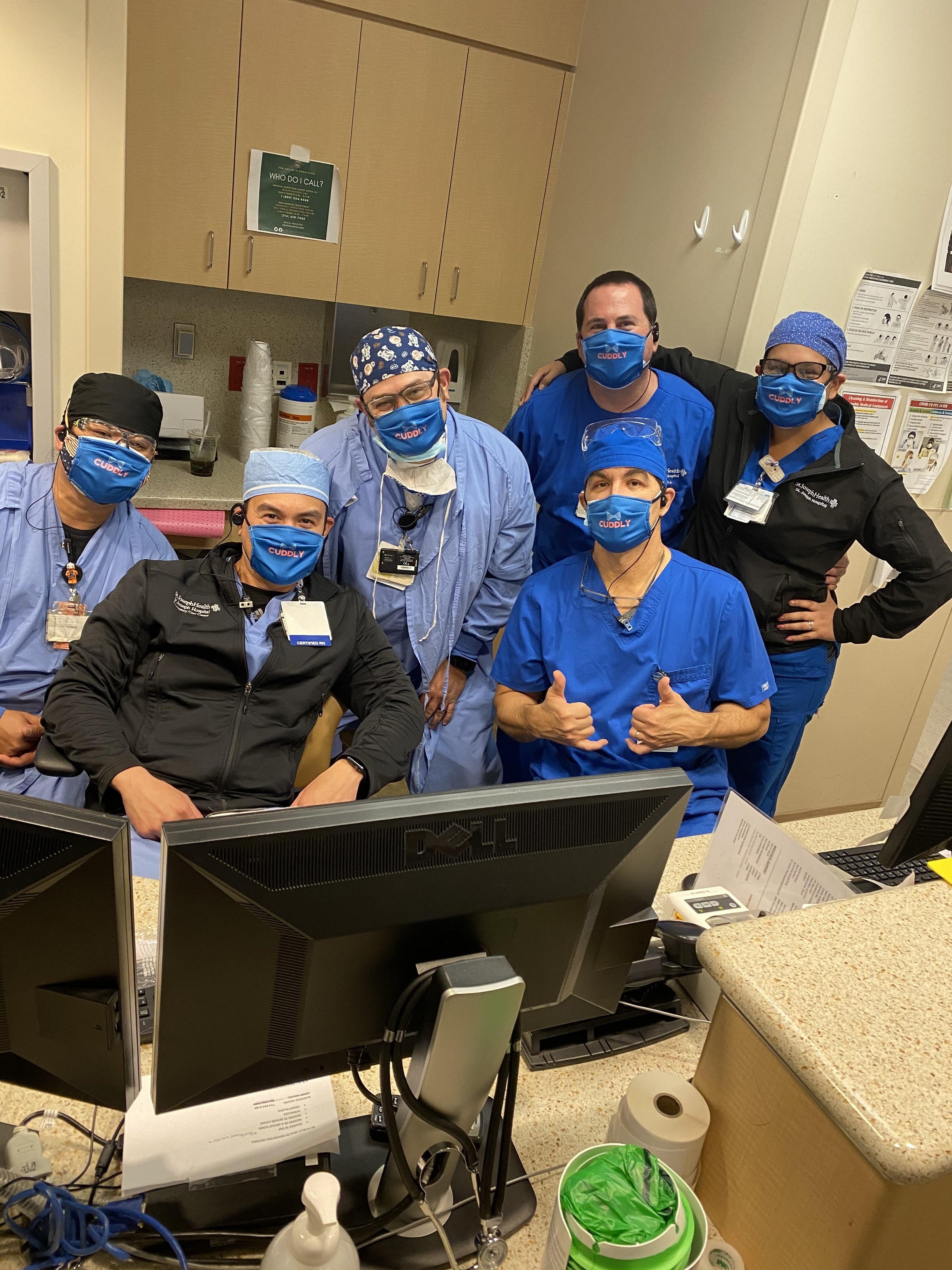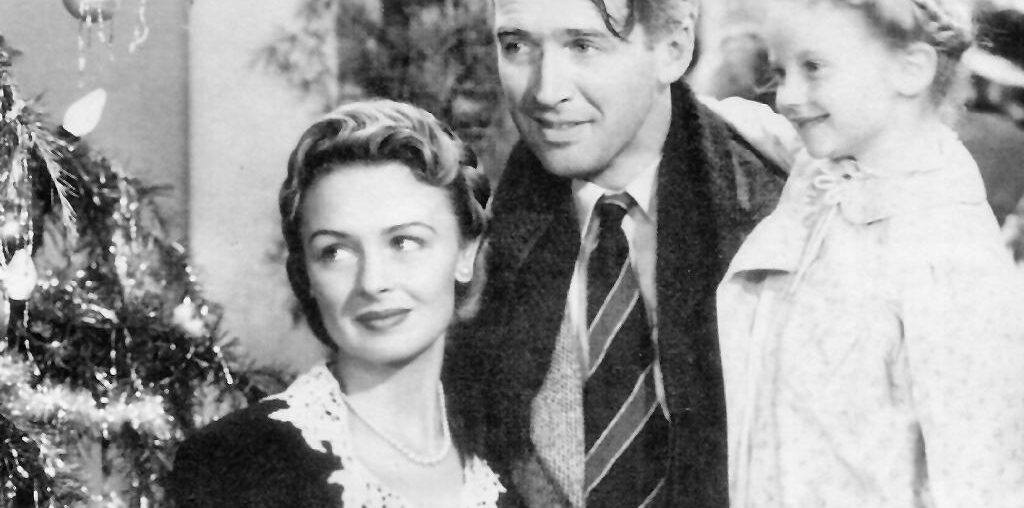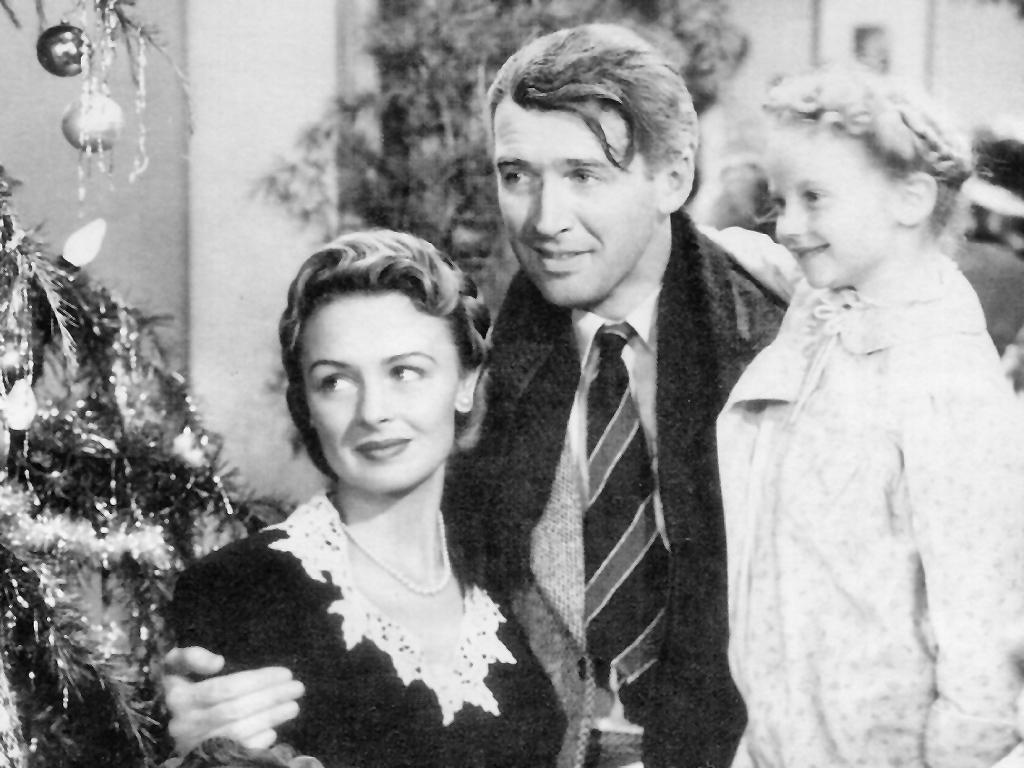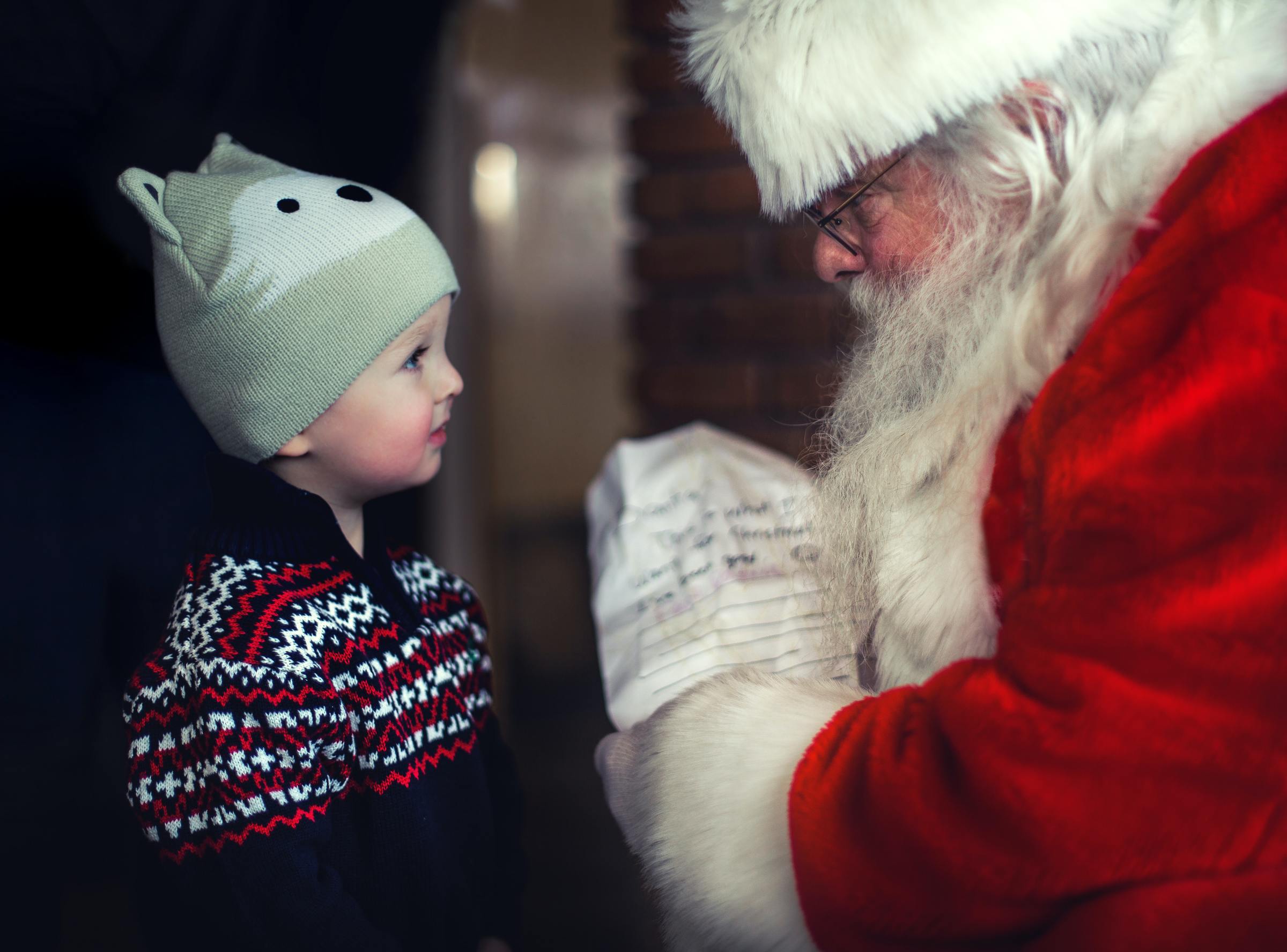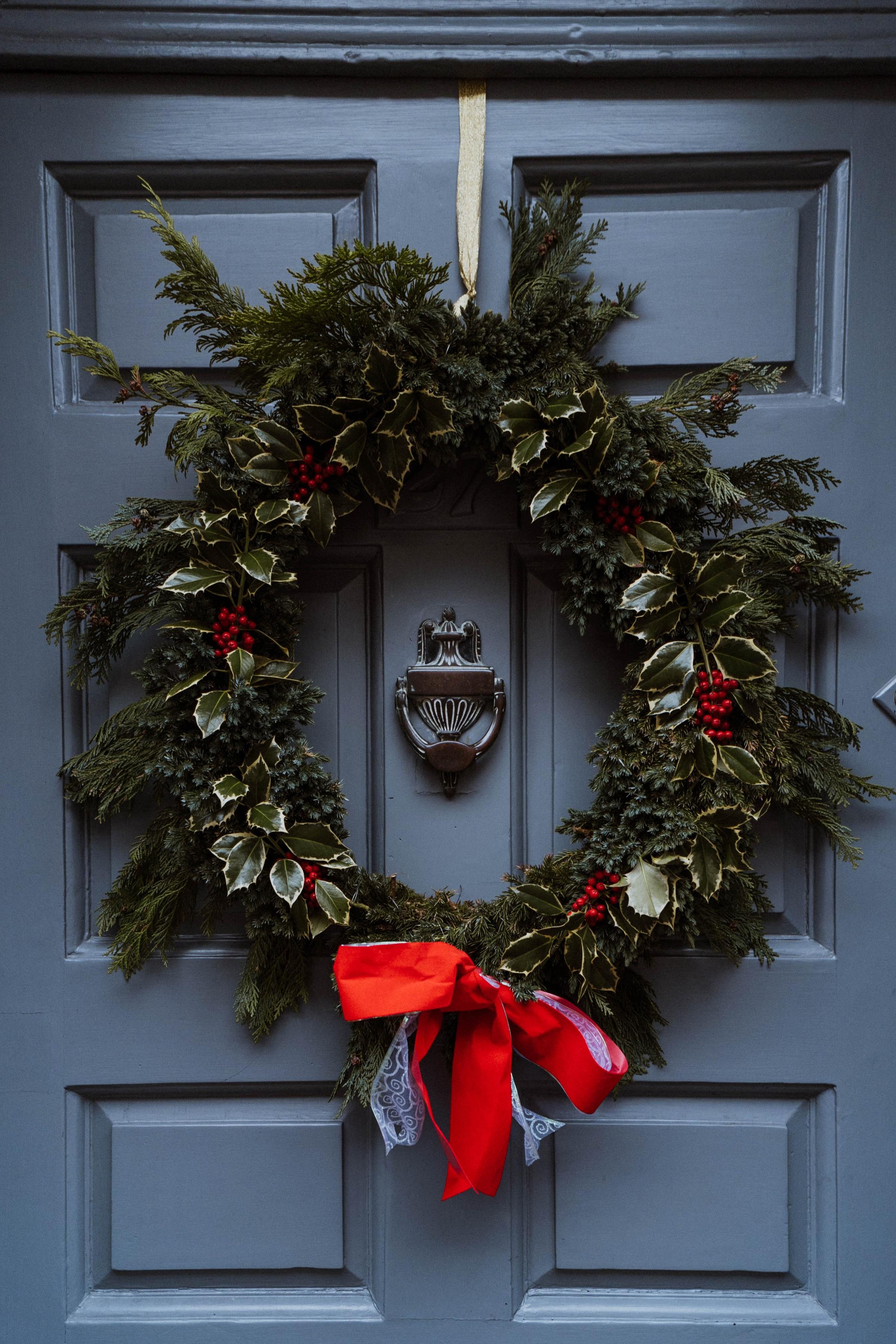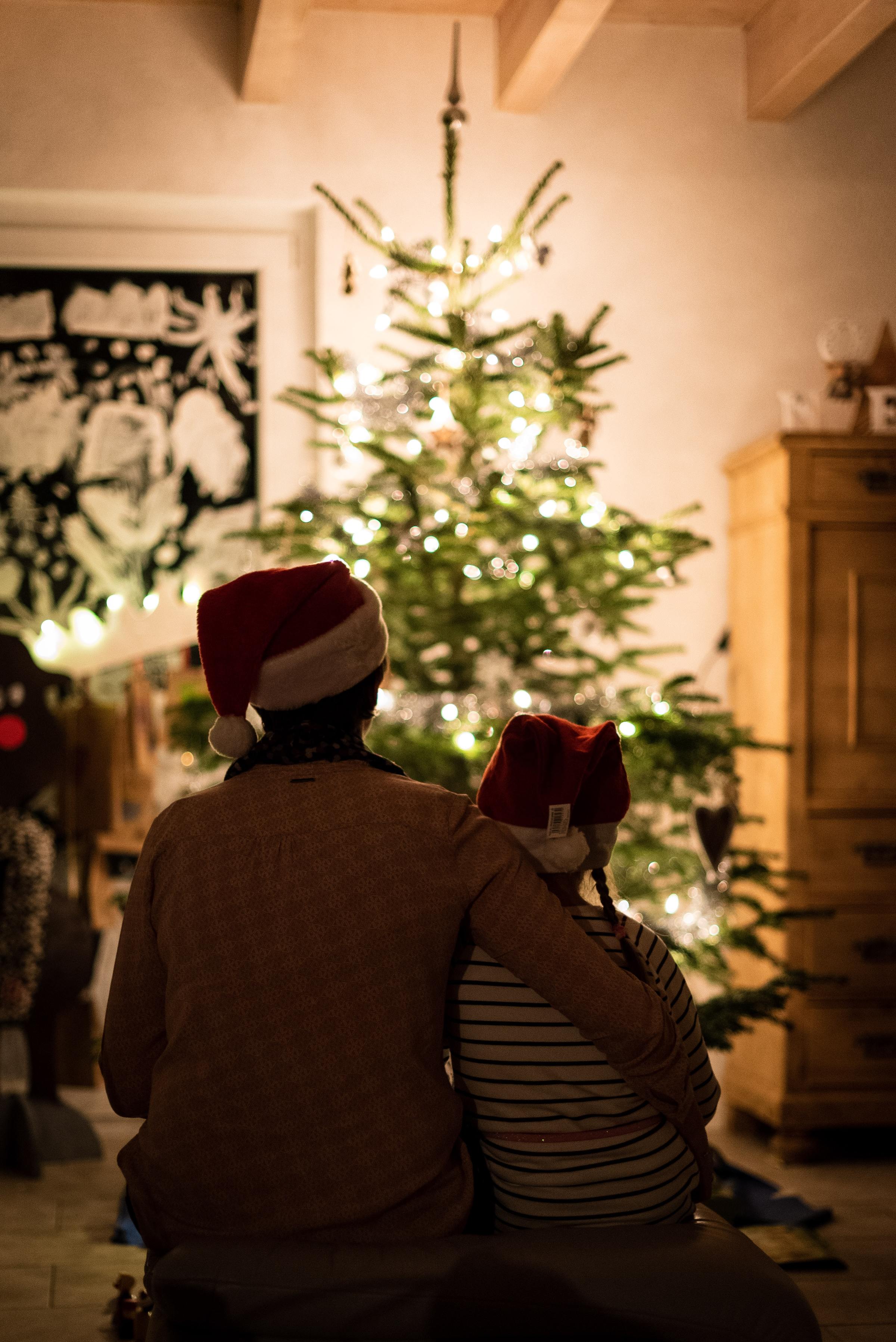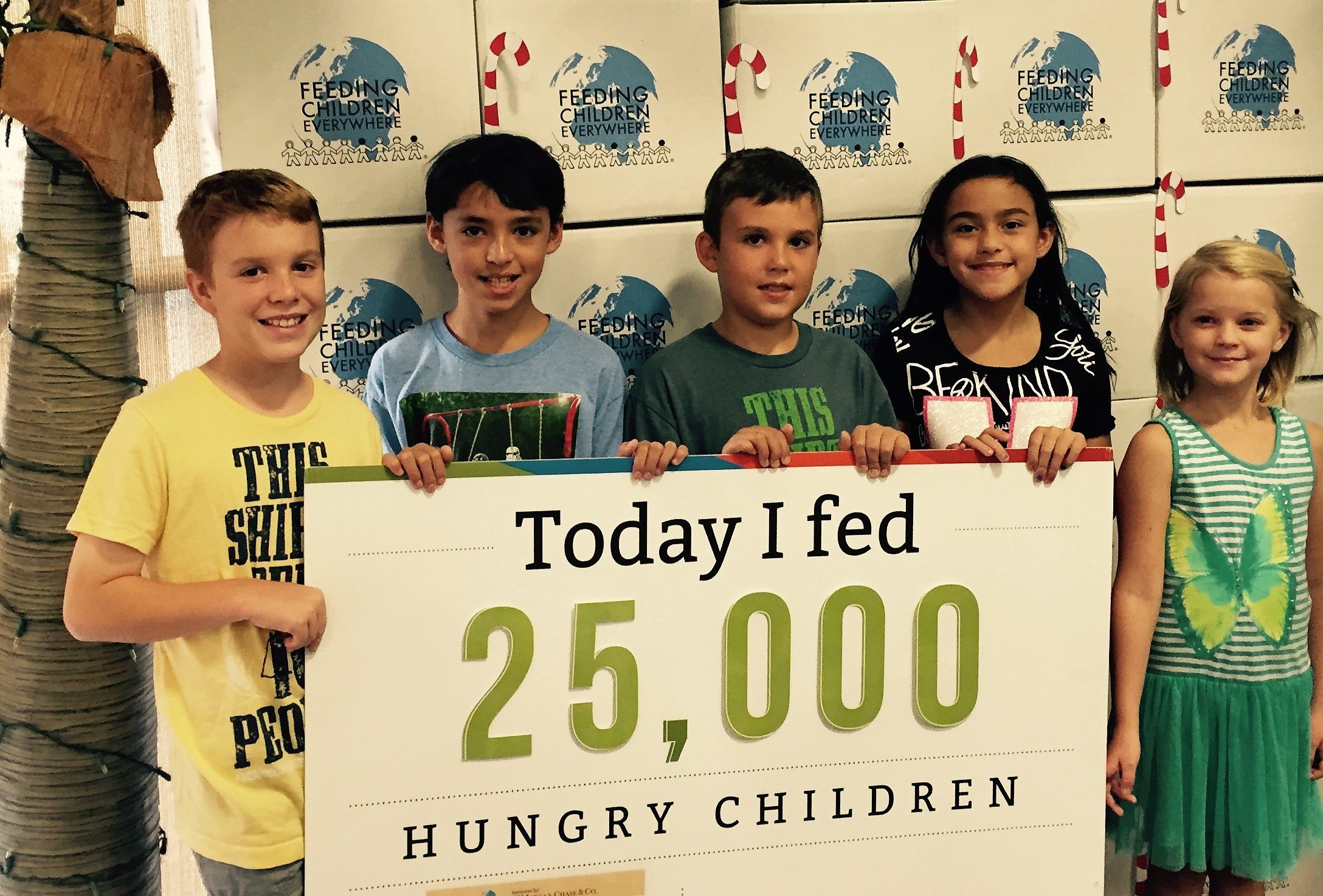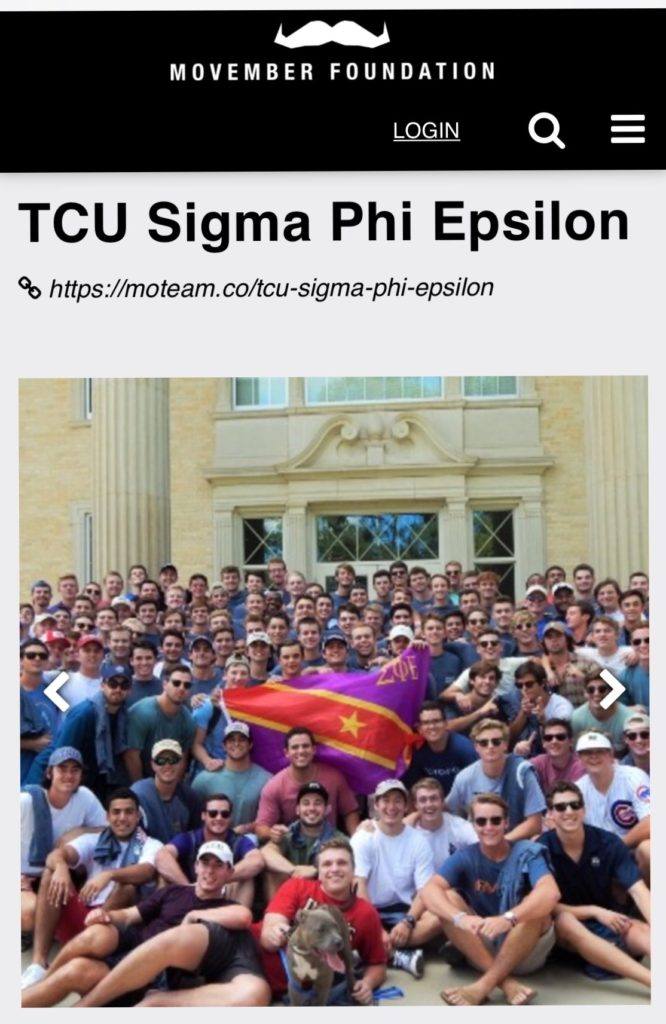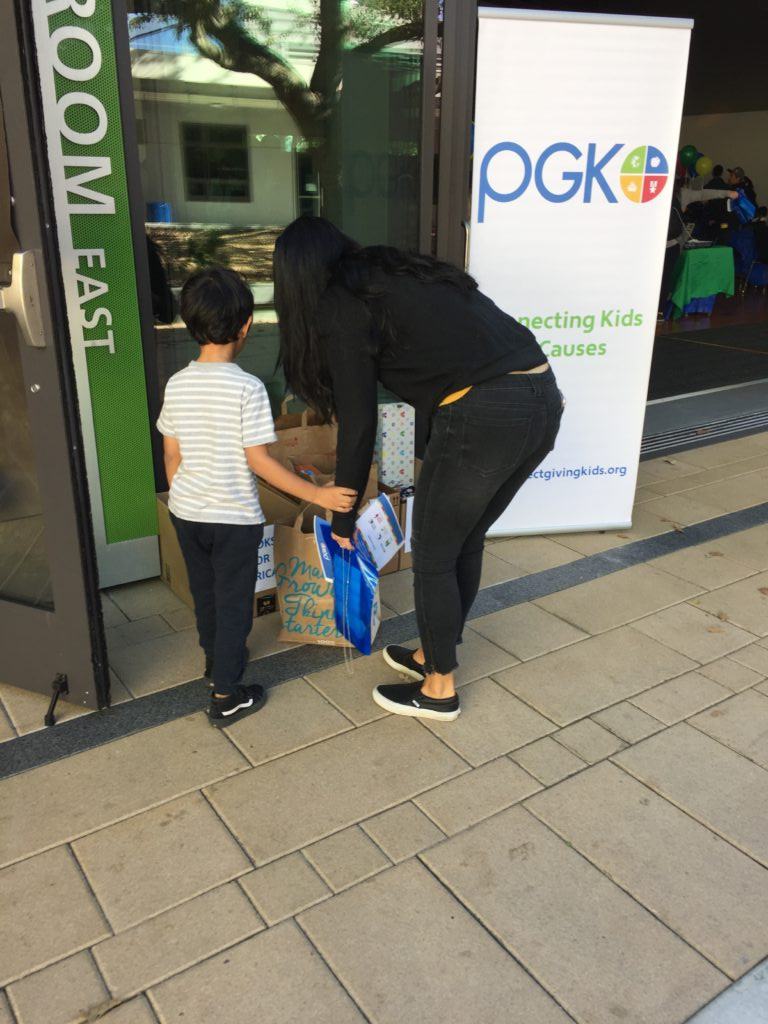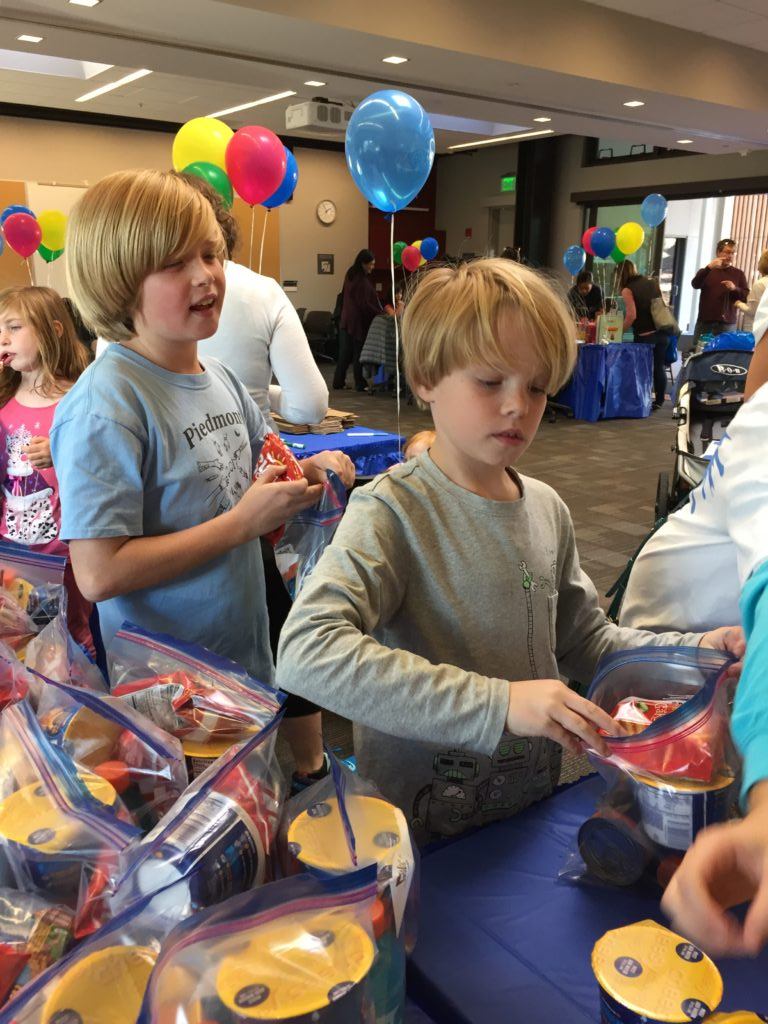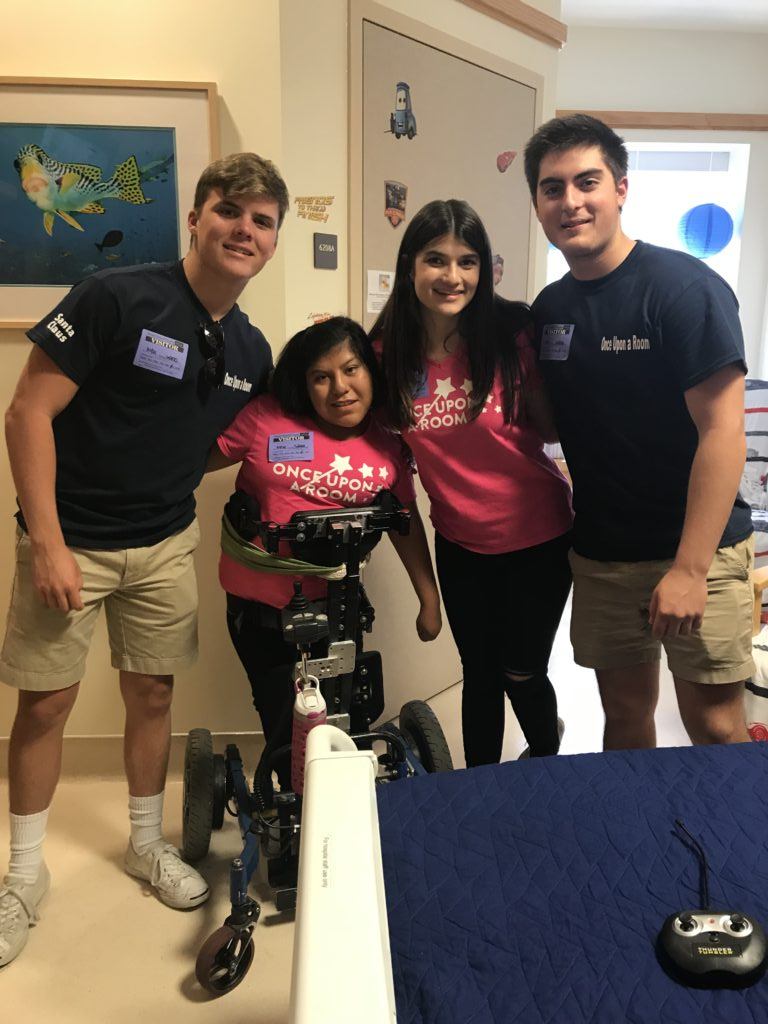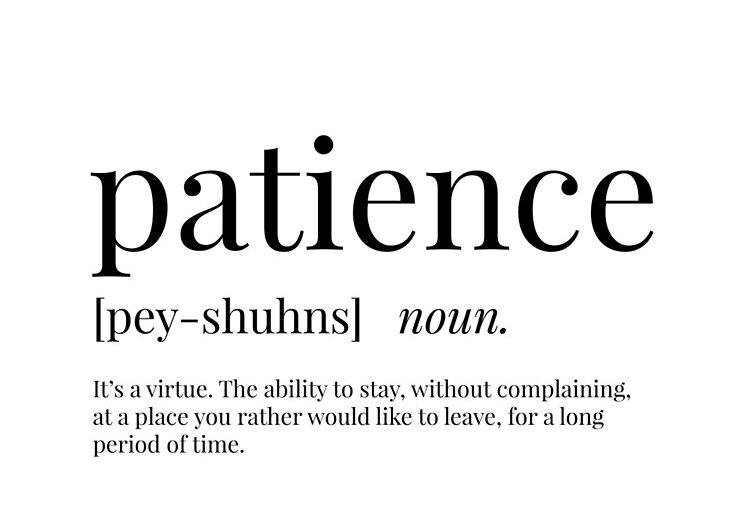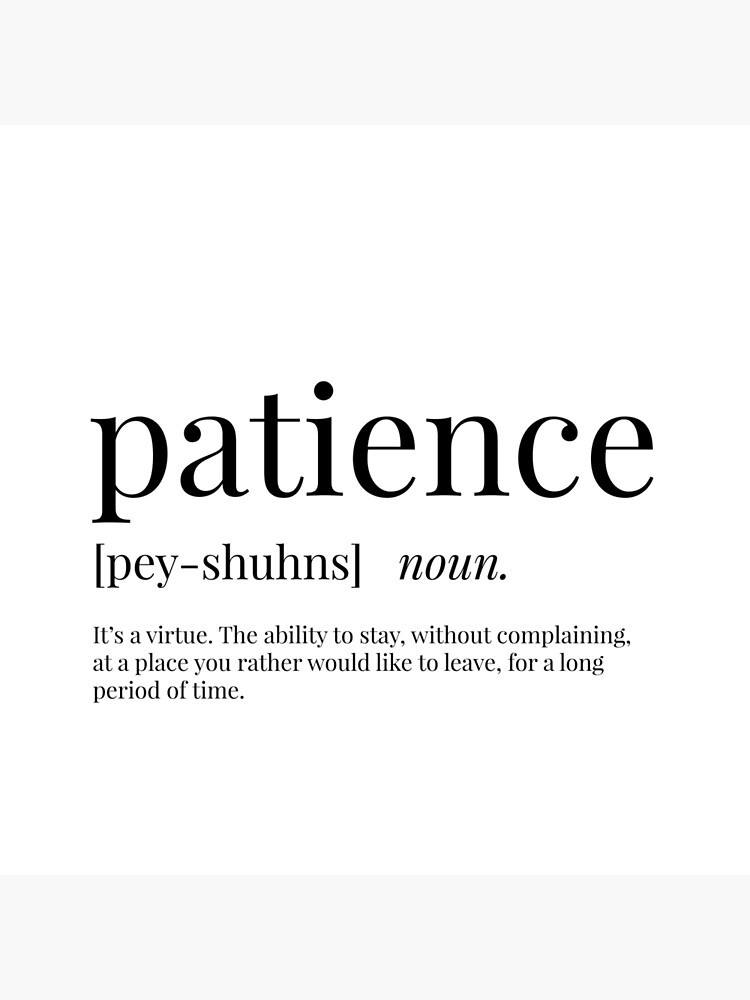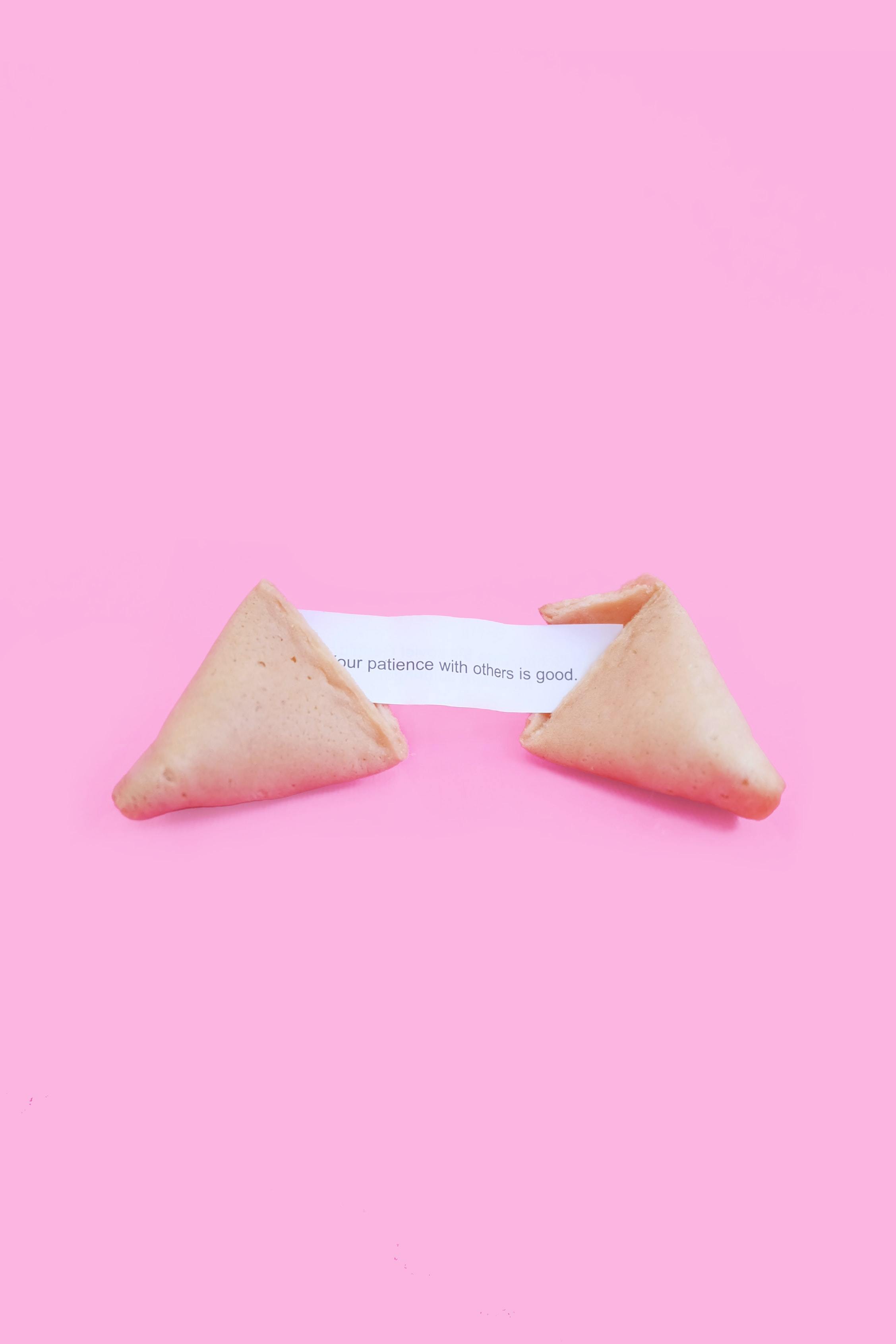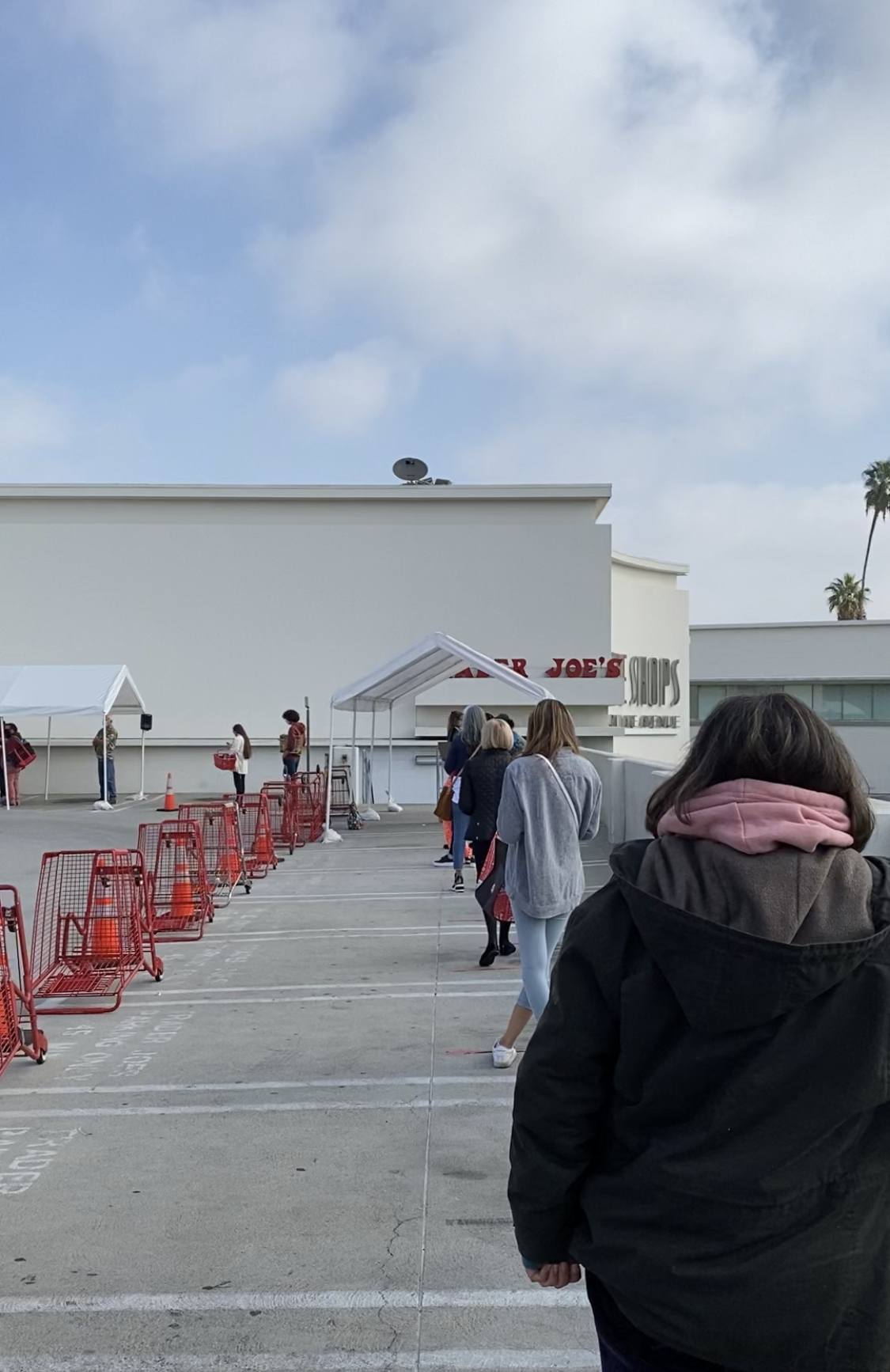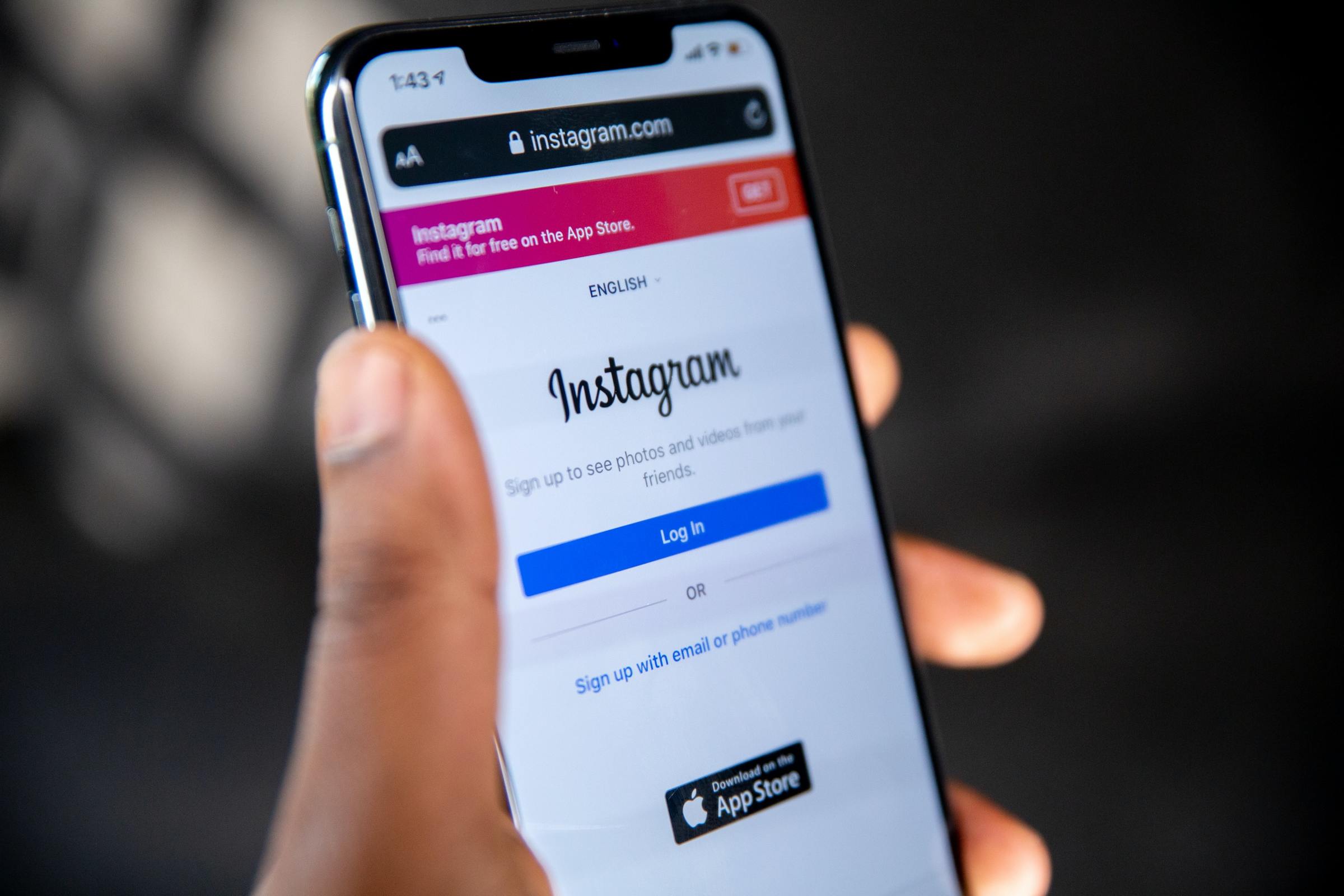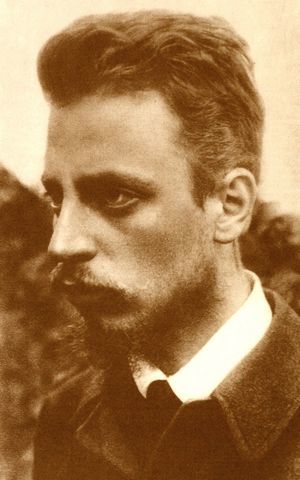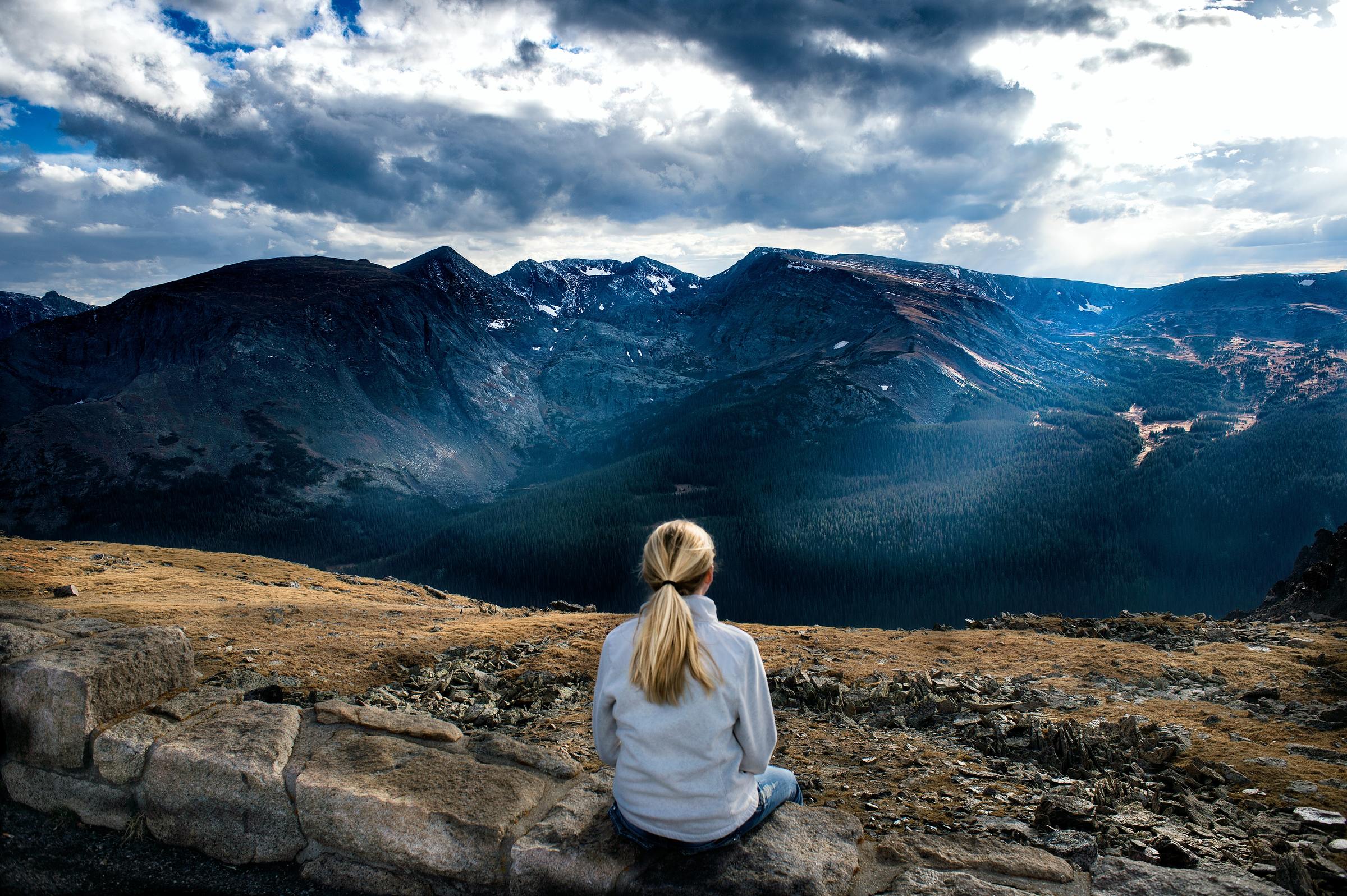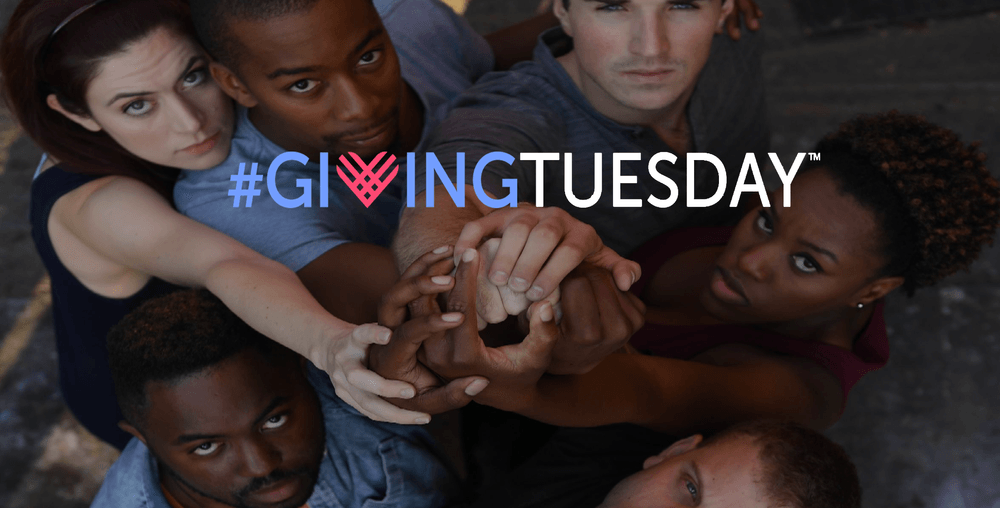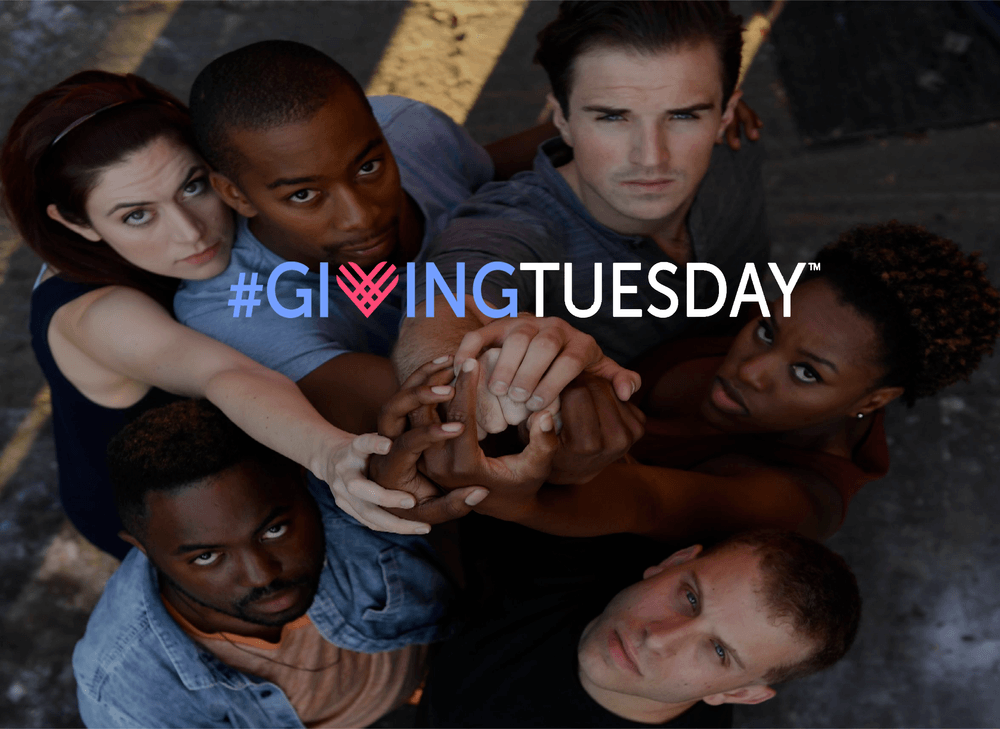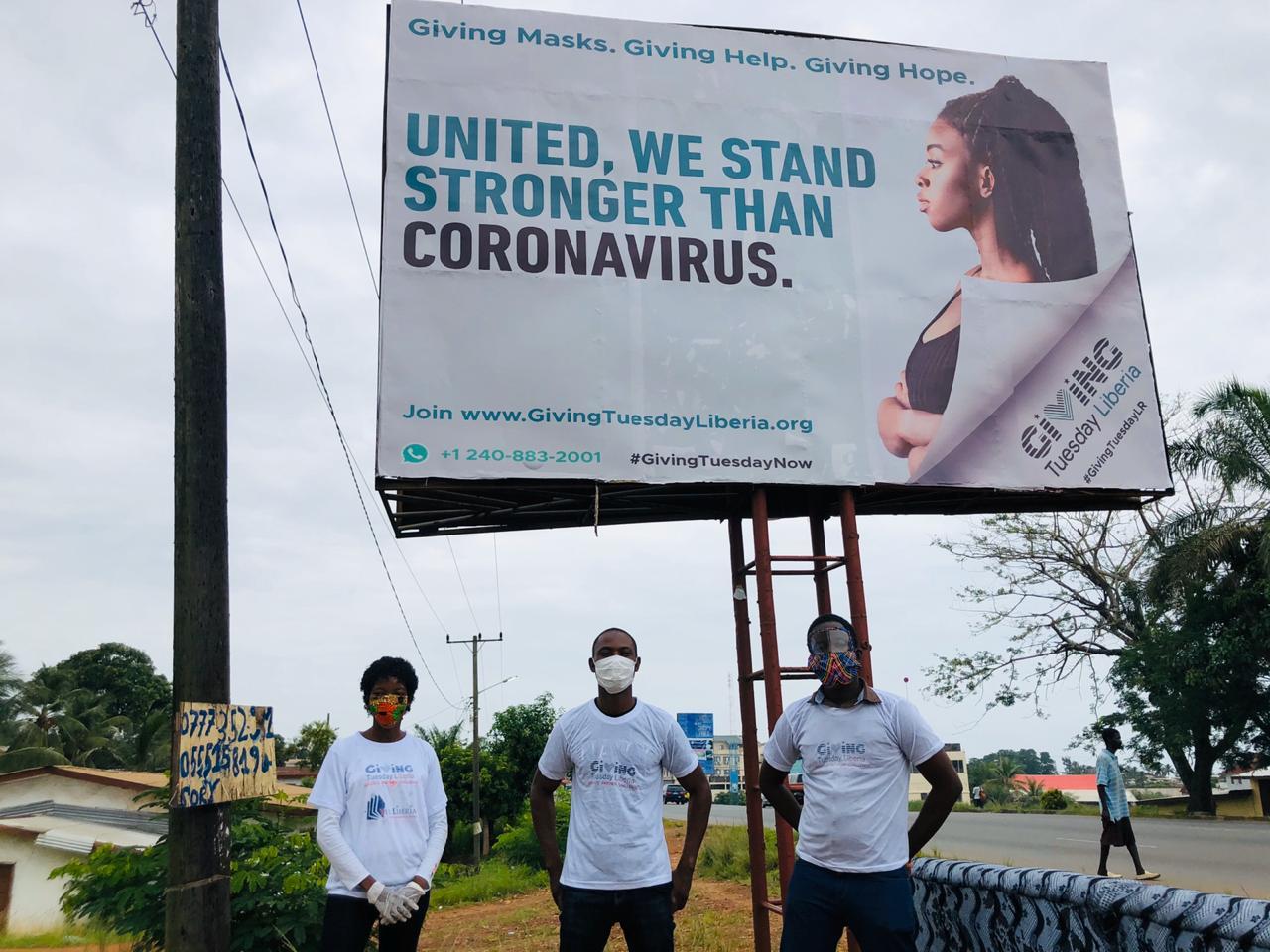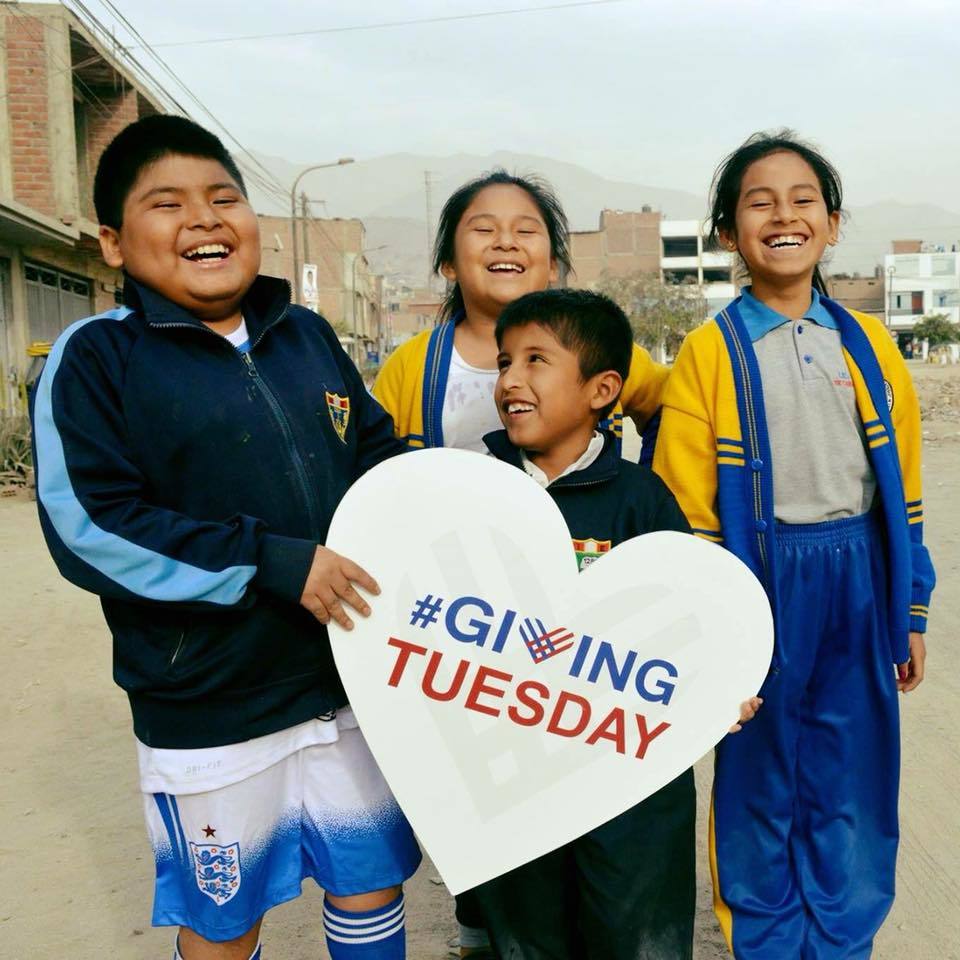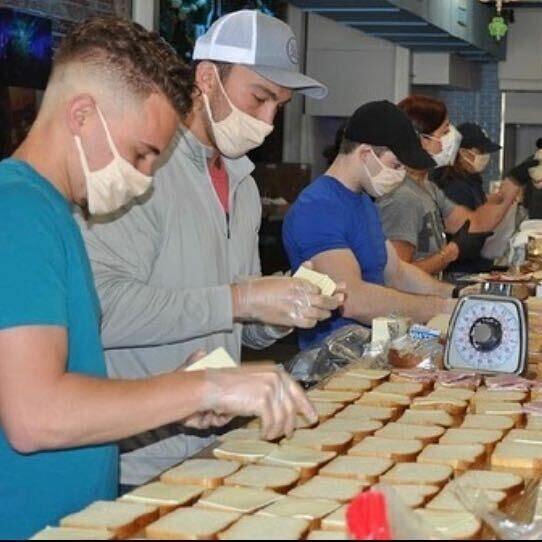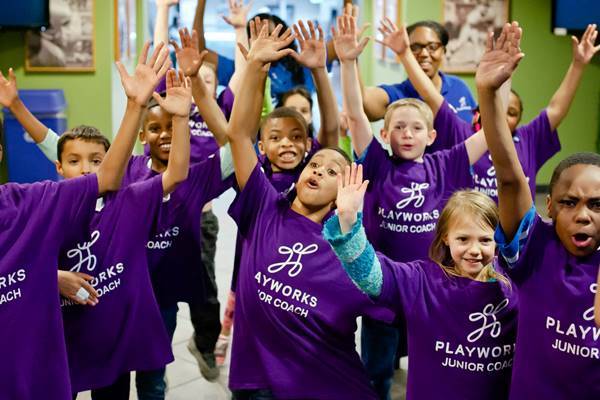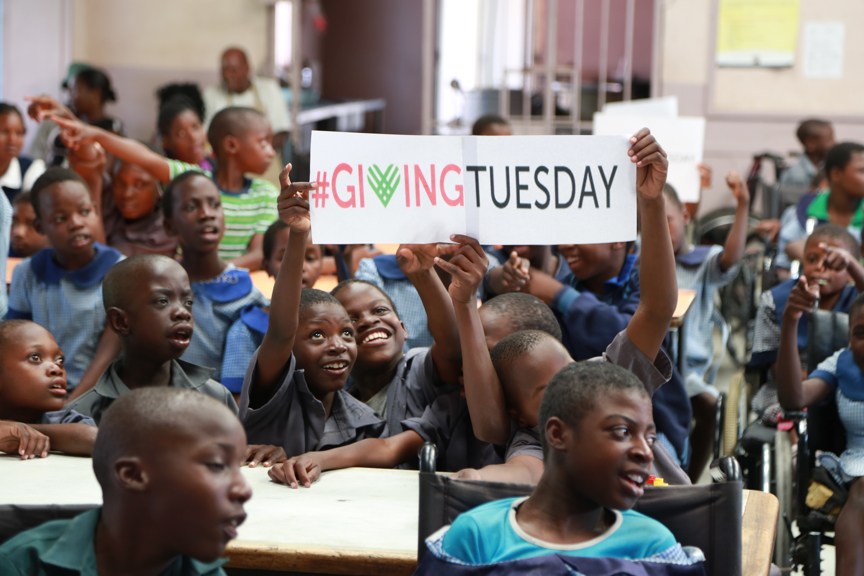Have you ever read about someone and think, I need to know that person? That is exactly what happened with this week’s guest, Katie Norris. A while back I was reading through a People Magazine and came across the incredible story of Chris Norton. Chris had an amazing story and the article mentioned this incredible nonprofit founder, Katie Norris, who was determined to tell it. Katie did just that through her amazing nonprofit, Fotolanthrophy. A non-profit organization that combines photography + film + philanthropy to share inspiring true stories of people who have overcome adversity…and I wanted to meet her.
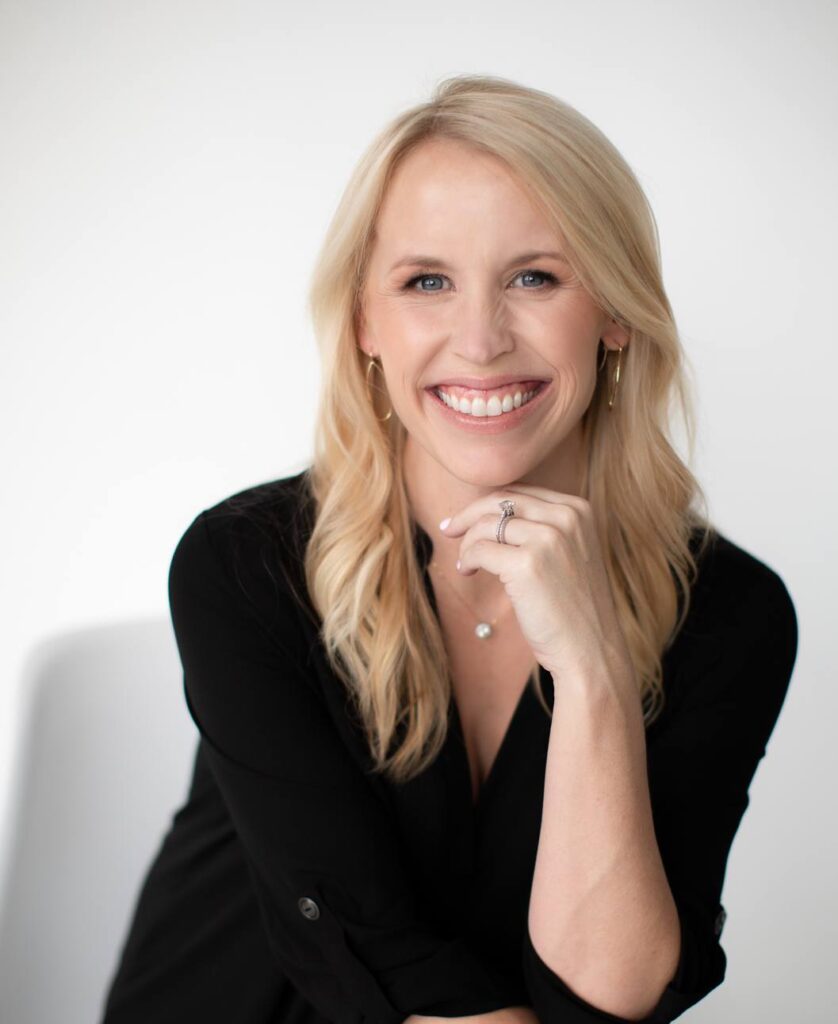
Image how thrilled I was when Katie and I were connected? We sat down for an inspirational conversation about her organization’s beginnings and her latest film project, 7 Yards: The Chris Norton Story. Join us today for an incredible conversation with this very special human who will make your day.
Here are a few highlights from our conversation:
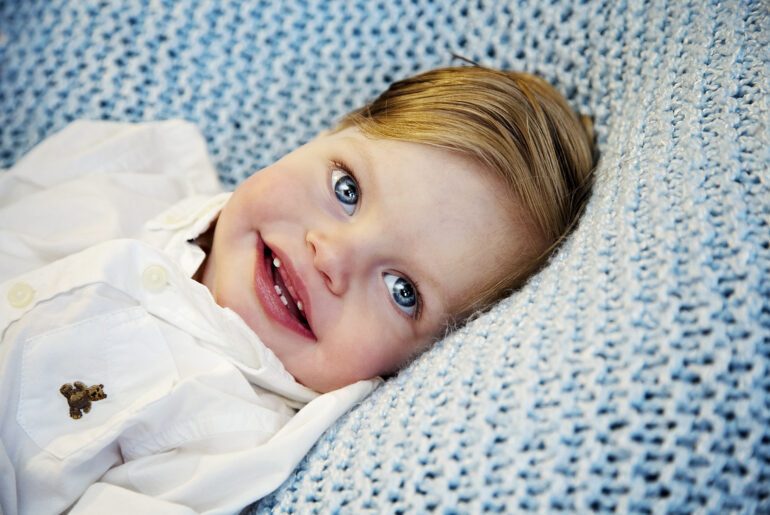
Charity Matters: What was the moment you knew you needed to act and start Fotolanthrophy?
Katie Norris: A lot of people say they hope to feel called in life. I actually got a phone call that changed the course of my life forever. Nearly 10 years ago, I received a phone call from a mother that was just sobbing. I could barely hear what she was saying. She’s finally said, “My name is Kara. You don’t know me, but someone said you can help me. My son is just been diagnosed with a brain tumor. He’s eight months old and I really would love pictures of him.”
I had my own photography business at the time. And little did she know that a few months before, it kind of was just put on my heart that I wanted to start my own nonprofit, which was a wild idea. I was in my young 20s and I just didn’t move forward with that idea and I just needed the courage to go for it. It all came together at that moment and that phone call. I remember just kind of taking a minute and thinking, this is it, this is my call for my life. I need to go serve people with the gift that I have.
And I got to say, “Kara, you know, I can’t imagine what you’re going through. But yes, we’d love to serve you. Here’s what I’d like to do.” We got to surprise her with not only a photo session, but we brought in a videographer and captured the last moments of her son’s life. It was very, very challenging. I wasn’t a mom at the time, so it was hard. We got to serve her and that was the beginning of Fotolanthrophy.
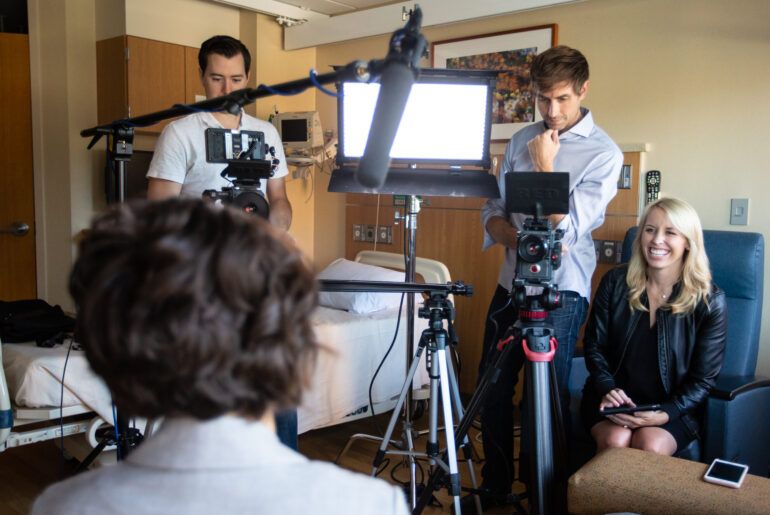
Charity Matters: How did you go from photoshoots to becoming a nonprofit documentary filmmaker?
Katie Norris: Then things kind of continued to grow after that families would call and they would nominate families because sometimes when someone’s facing such a great tragedy, you don’t know what to do. And sometimes, you know, a casserole, you want to do more than that. And so it felt so good to say yes, we’ll be there. How can we help?
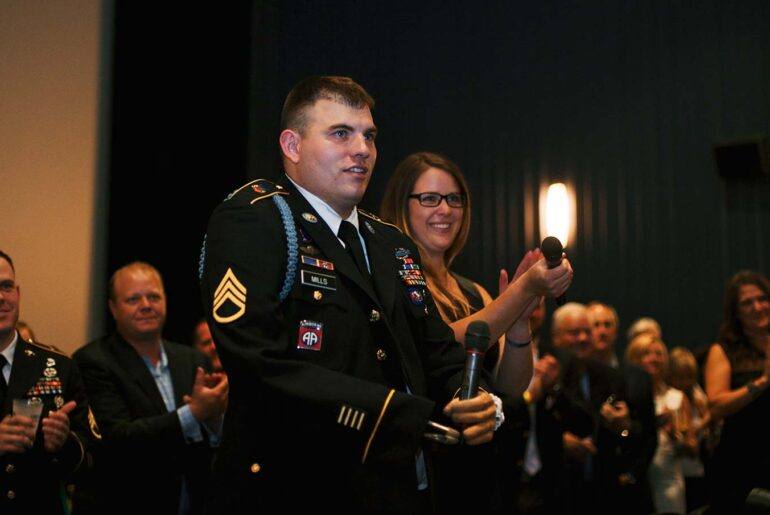
Then everything kind of went to the next level, when we were interviewing a young soldier, Travis Mills. He’s a quadruple amputee. And I came across his story. And my world kind of stopped when I saw a picture of him. And we made our way to Fort Bragg to meet him, we’re gifting his family Fotolanthrophy, which was a portrait session and a short film. And I’m sitting here interviewing this American hero thinking, why don’t we make him a full-featured documentary?
Once we continued the mission and served many families we realized what it was going to take to produce these stories and that’s when we knew we needed to become a nonprofit. We received our 501 c3 status in 2012. It was a great day and it felt like a new start. We’re really doing this, you know, it was kind of an answer to a phone call. Then we continued to see people impacted and it was such a joy to serve these families that we just went step by step and they just kept coming.
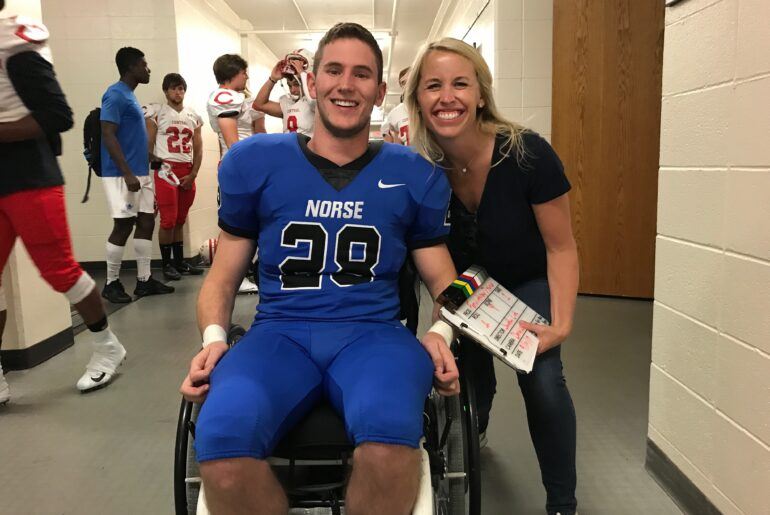
Charity Matters: What fuels you to keep doing this work?
Katie Norris: So when I’m tired, I think about those people that we could potentially serve and maybe bring a little bit of inspiration to and that, that keeps me going. I’ve got that phone call, you know, I’m anchored in that phone call that this is what I was supposed to do. And that keeps me going.
Charity Matters: do you know have a Motto that you live by?
Katie Norris: Consistency compounds. I continue to say those two words because it does compound and it all adds up. And so if I can just stay consistent in who I am in what we’re doing in our mission, it all will continue to move. And that’s really helped me from the day to day.
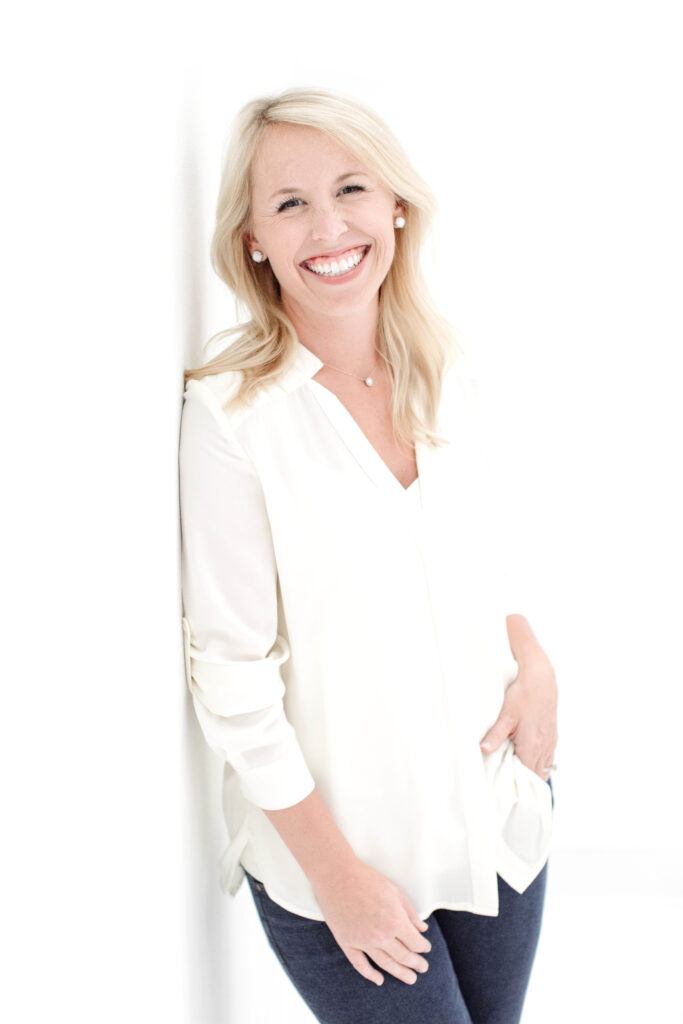
Charity Matters: What life lessons have you learned from this experience?
Katie Norris: You can never give up on your dream. I mean, there are so many times that I could have said this is too hard. This is too much. And I think about all those “miss moments” that would have never happened. I think about all the people that are moved experiencing our film, 7 Yards. So sometimes when we’re in those moments of adversity, and we can’t shake it that day, and we want to give up because it’s too hard, and the sacrifices we make…just to never give up, just don’t.
We’ve been given this mission and just to continue going. I think that’s one of the biggest things that has taught me to see what I’m made of, and to see what’s possible. It’s nice, because each project we take on more, and I think some days are really hard. I wonder what I would have said, what my life would be like if I didn’t say yes to all this? I would have missed out on so much. So anyone listening, that’s following your dream just keep going, just keep going.
CHARITY MATTERS.
New episodes are released every Wednesday! If you enjoyed today’s episode, please:
- Post a screenshot & key takeaway on your IG story and tag me @heidimcniffjohnson and @Charitymatters so I can repost you.
- Leave a positive review on Apple Podcasts
- Subscribe for new episodes each week
Connect with us:
- www.Charity-Matters.com
- On IG @Charitymatters
YOUR REFERRAL IS THE GREATEST COMPLIMENT, IF YOU ARE SO MOVED OR INSPIRED, WE WOULD LOVE YOU TO SHARE AND INSPIRE ANOTHER.
Copyright © 2021 Charity Matters. This article may not be reproduced without explicit written permission; if you are not reading this in your newsreader, the site you are viewing is illegally infringing our copyright. We would be grateful if you contact us.

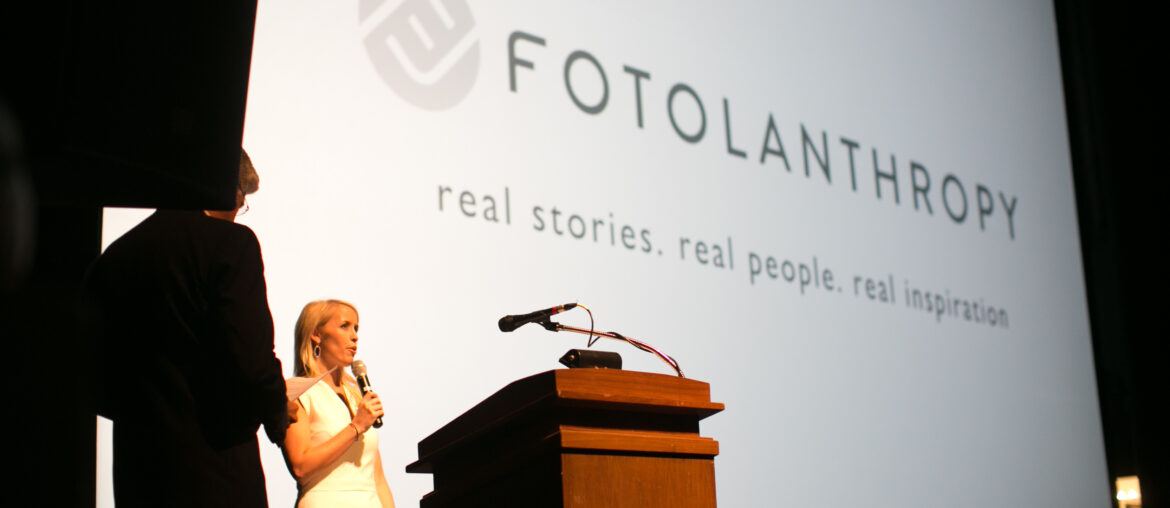

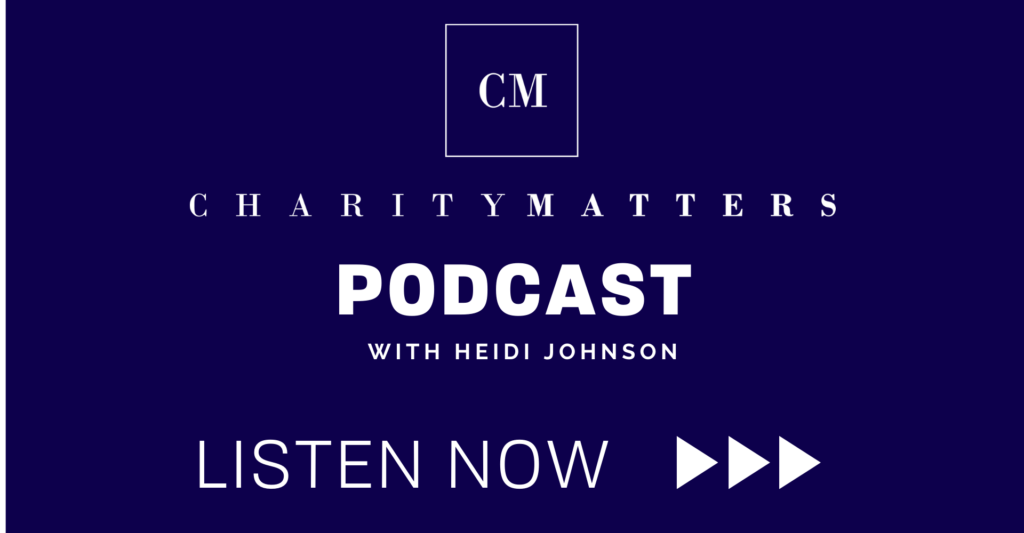
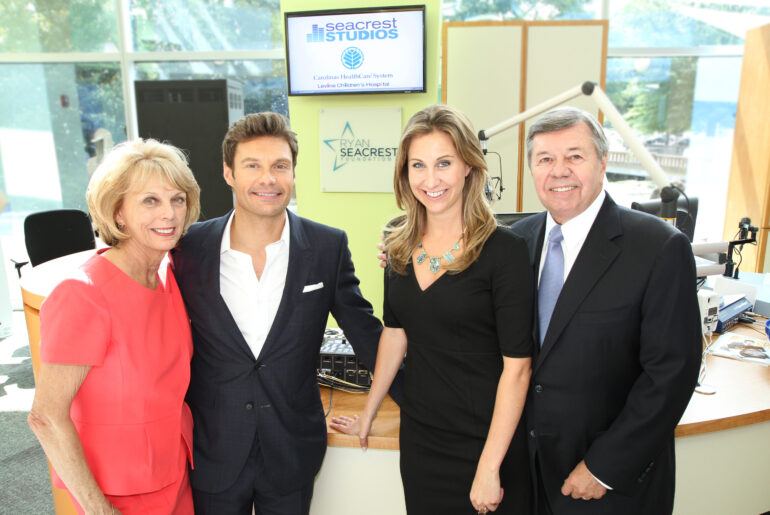
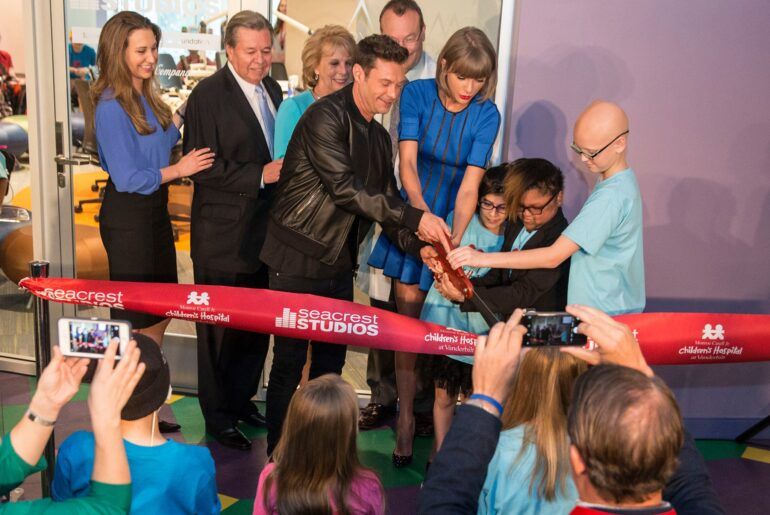
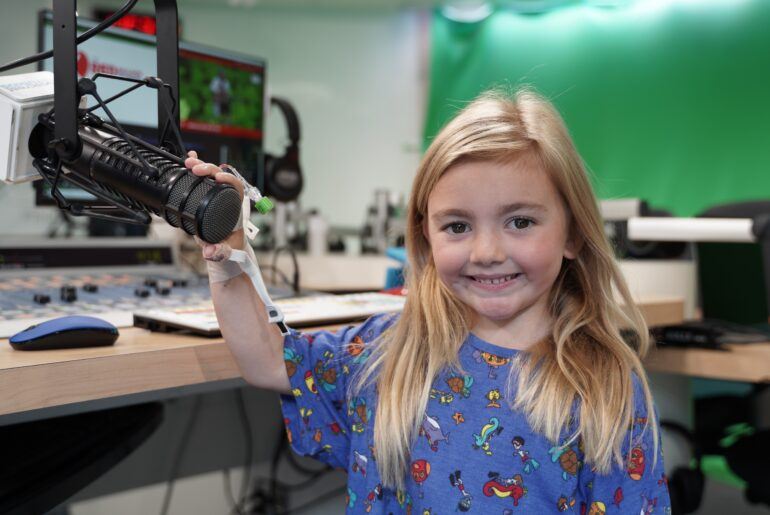
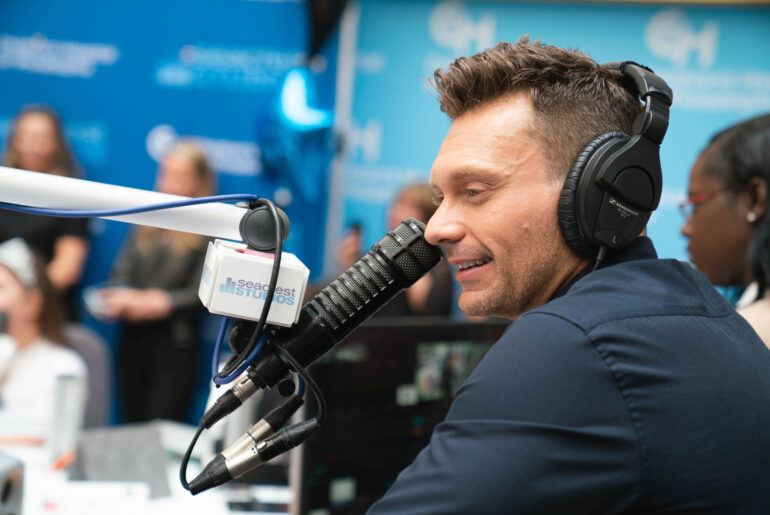
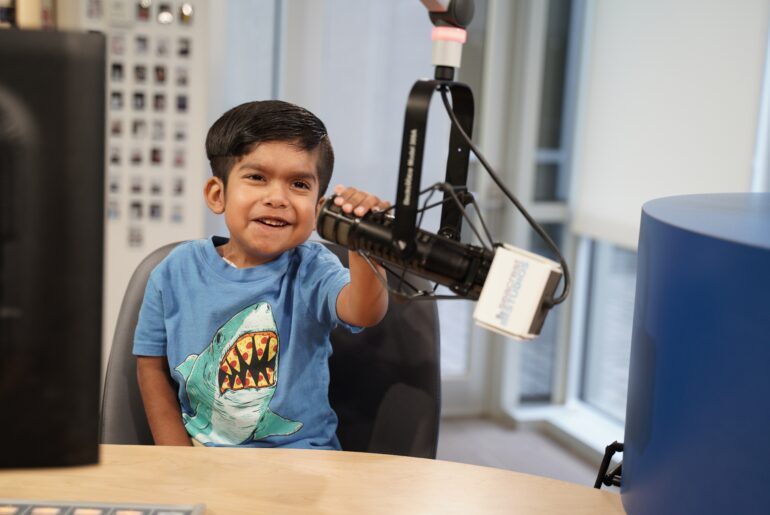
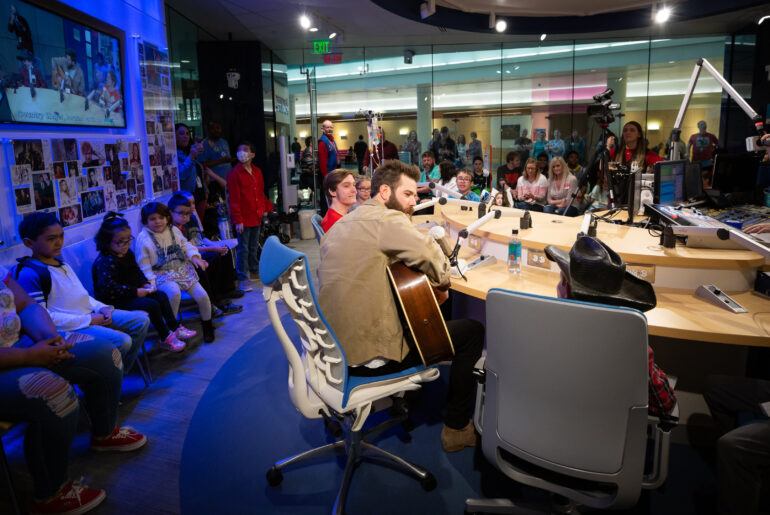
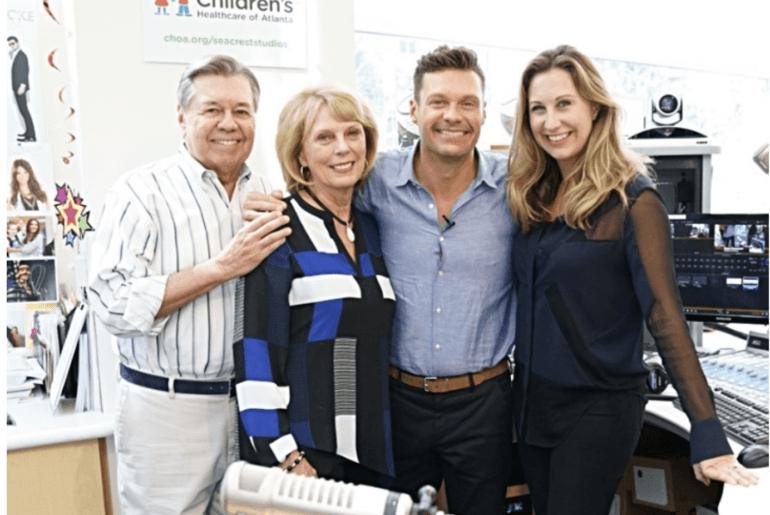
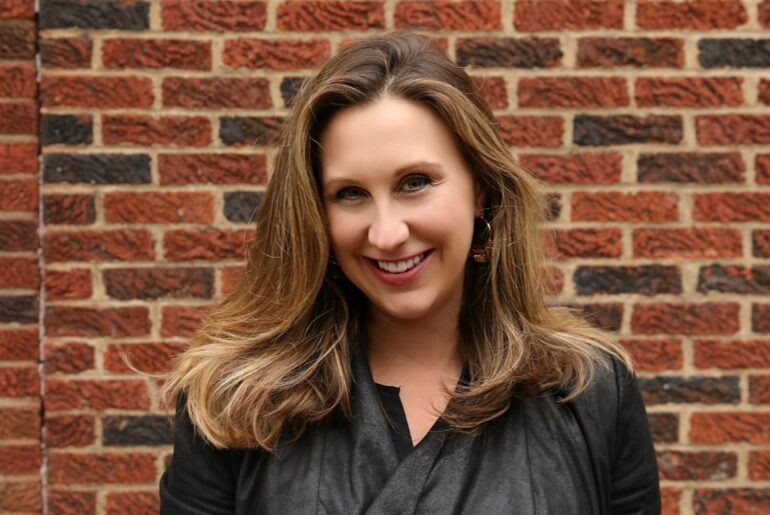
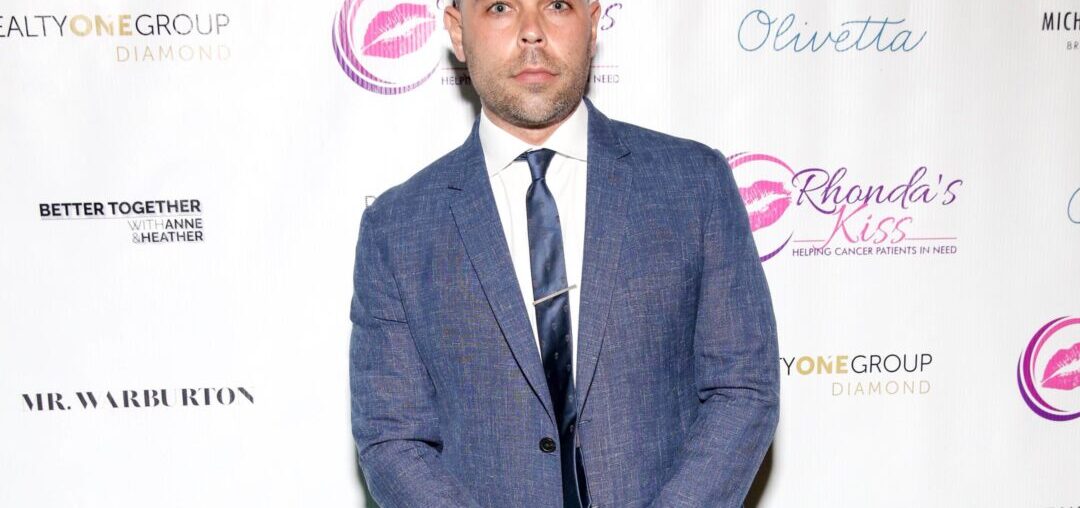
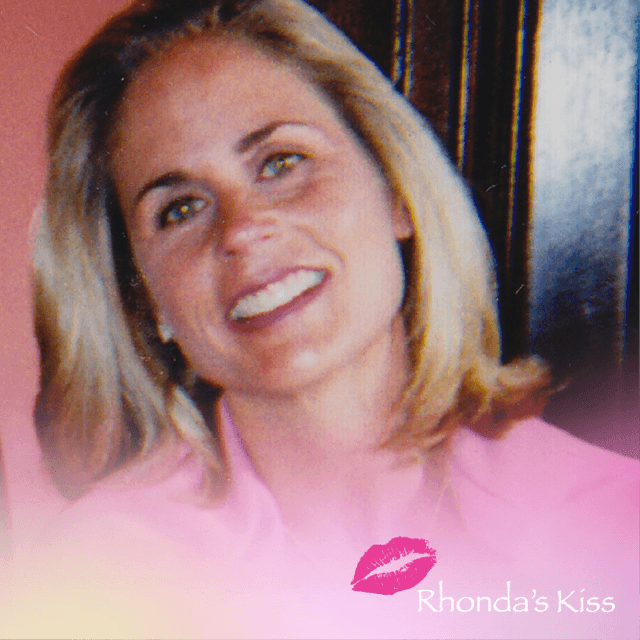
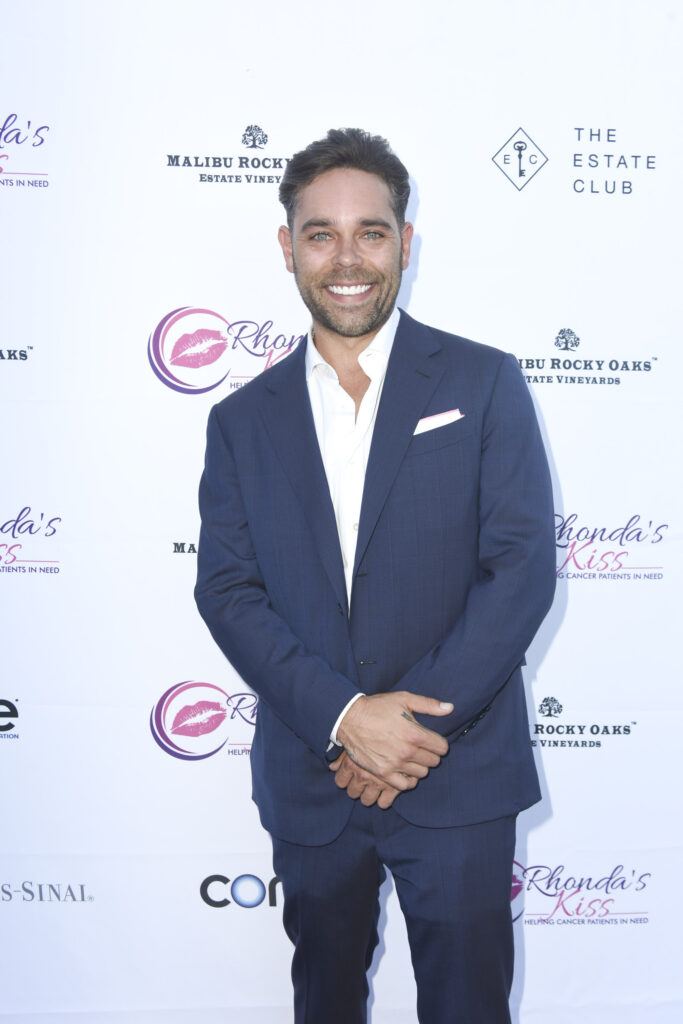
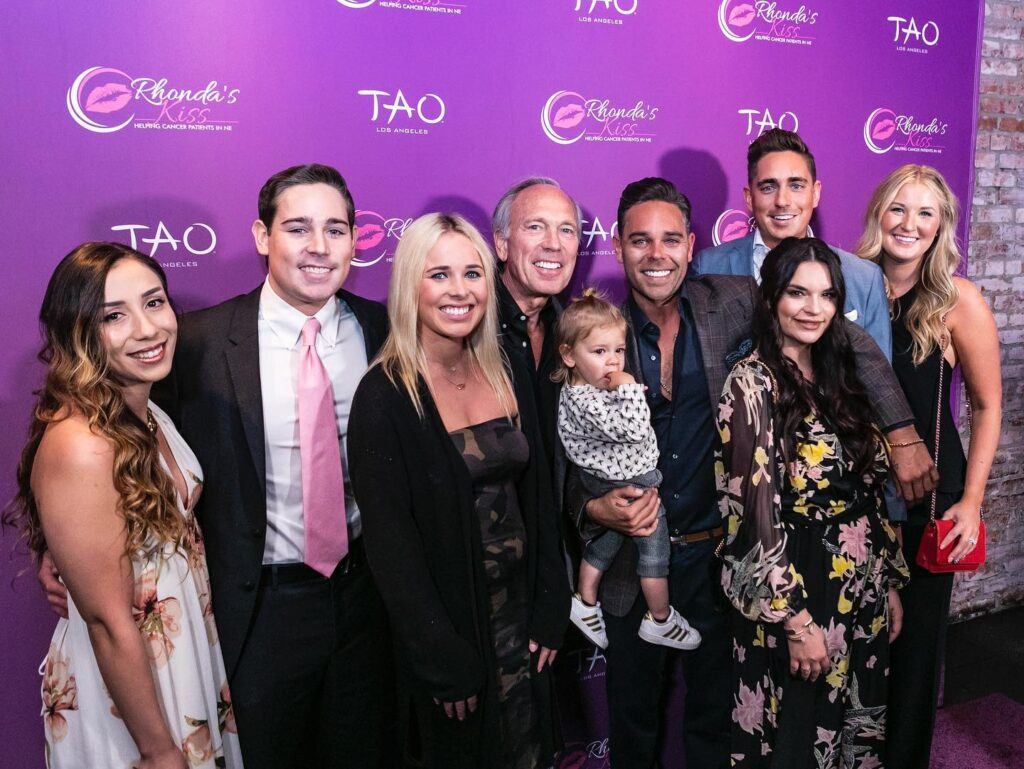
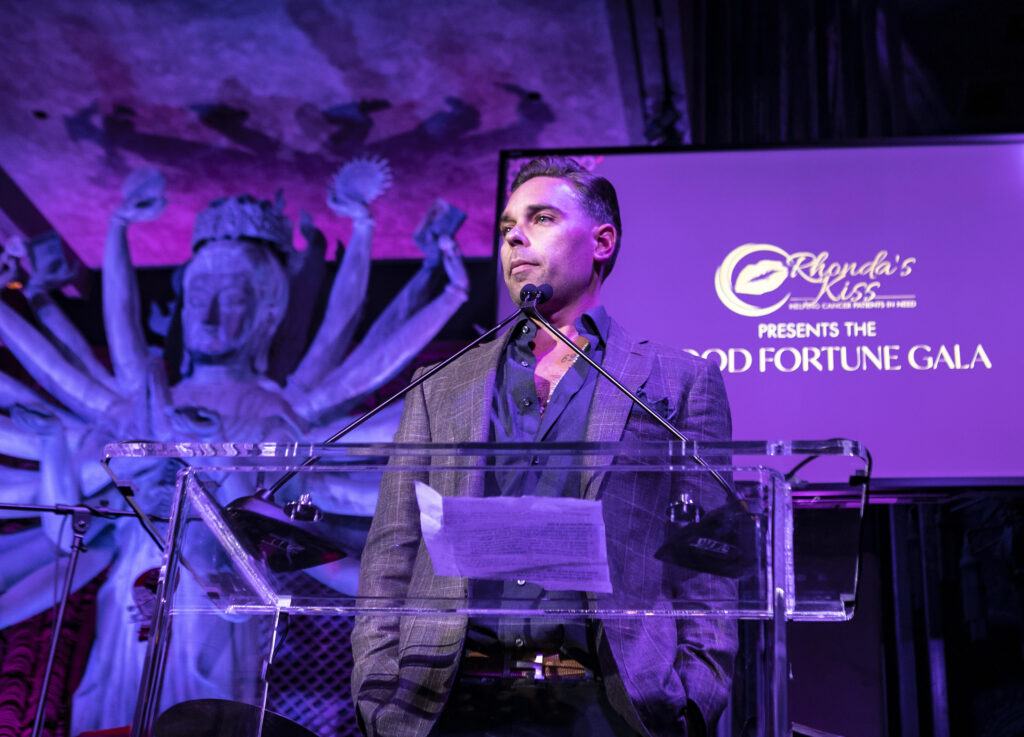
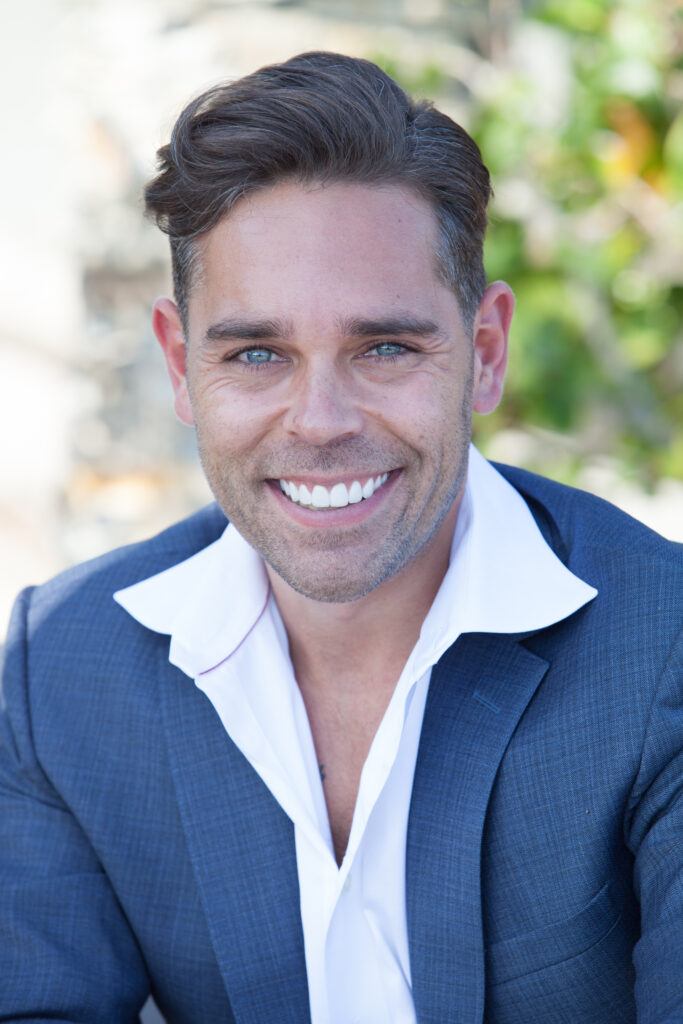
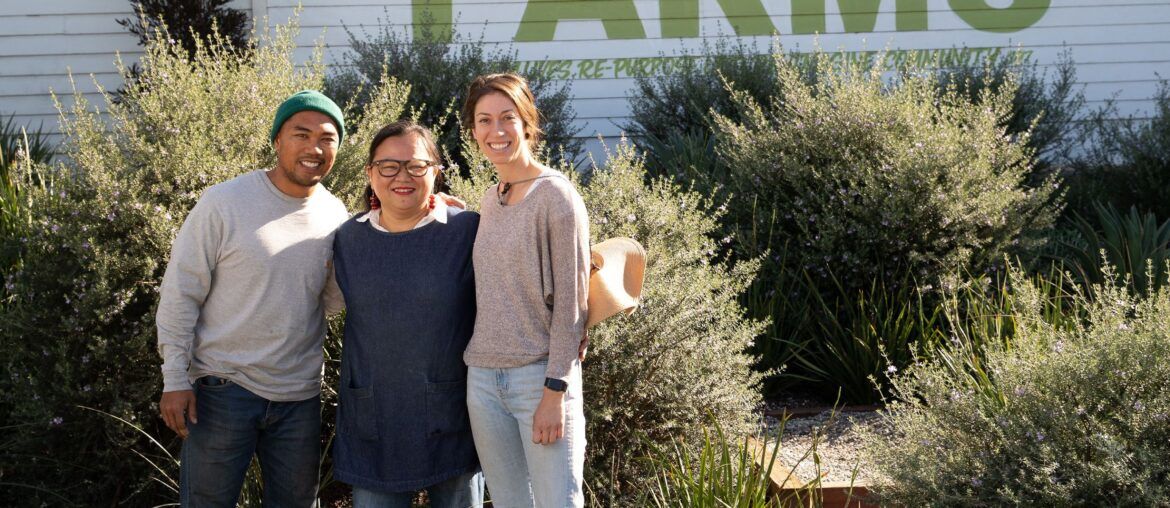
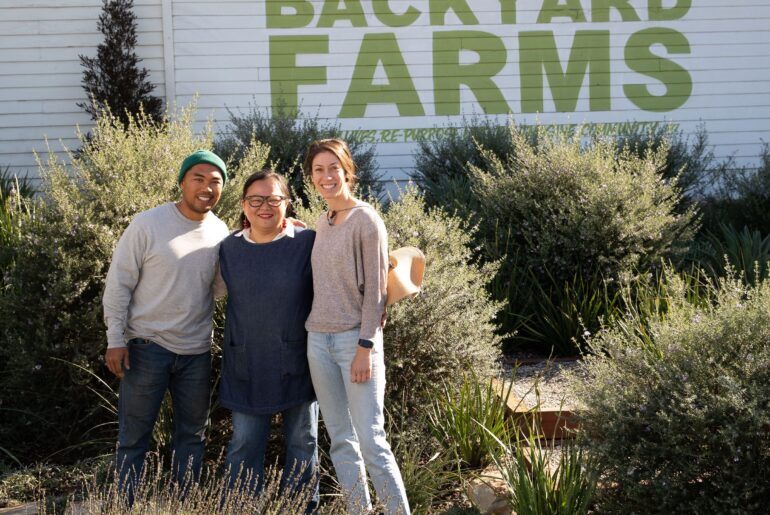
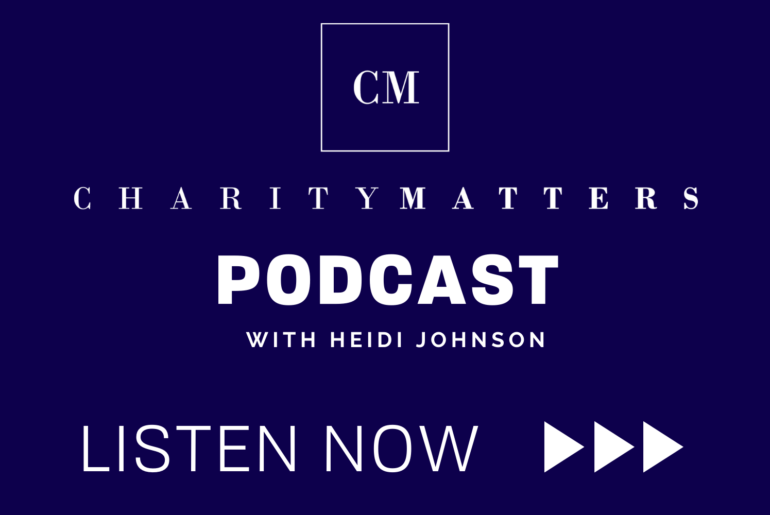
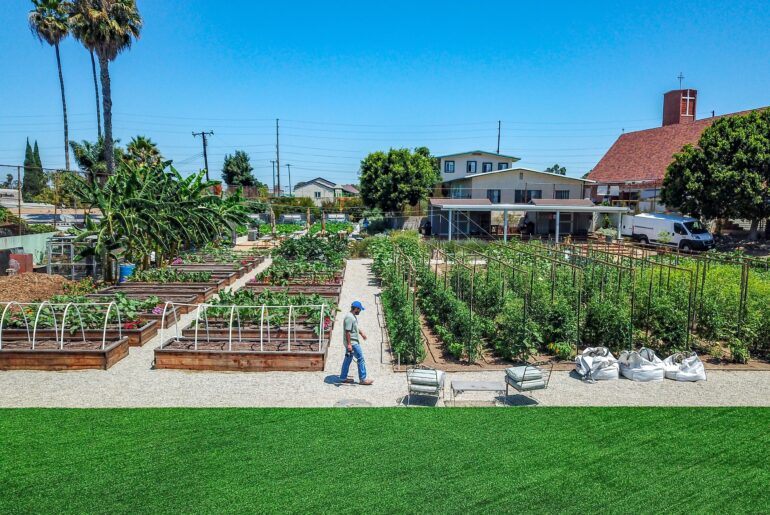
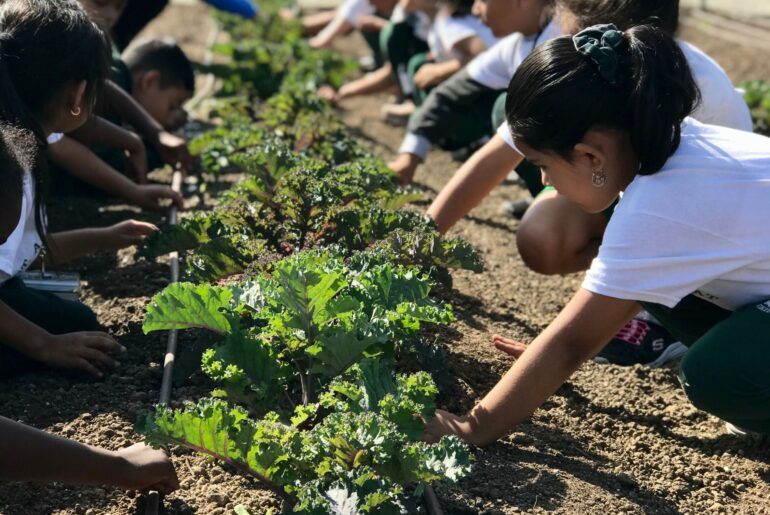
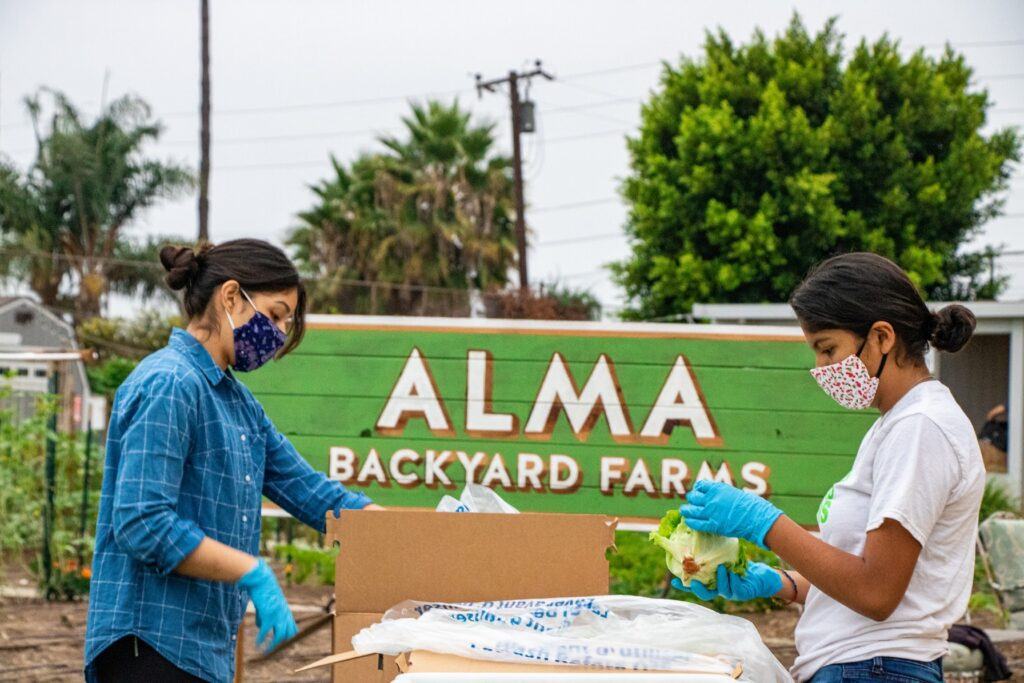
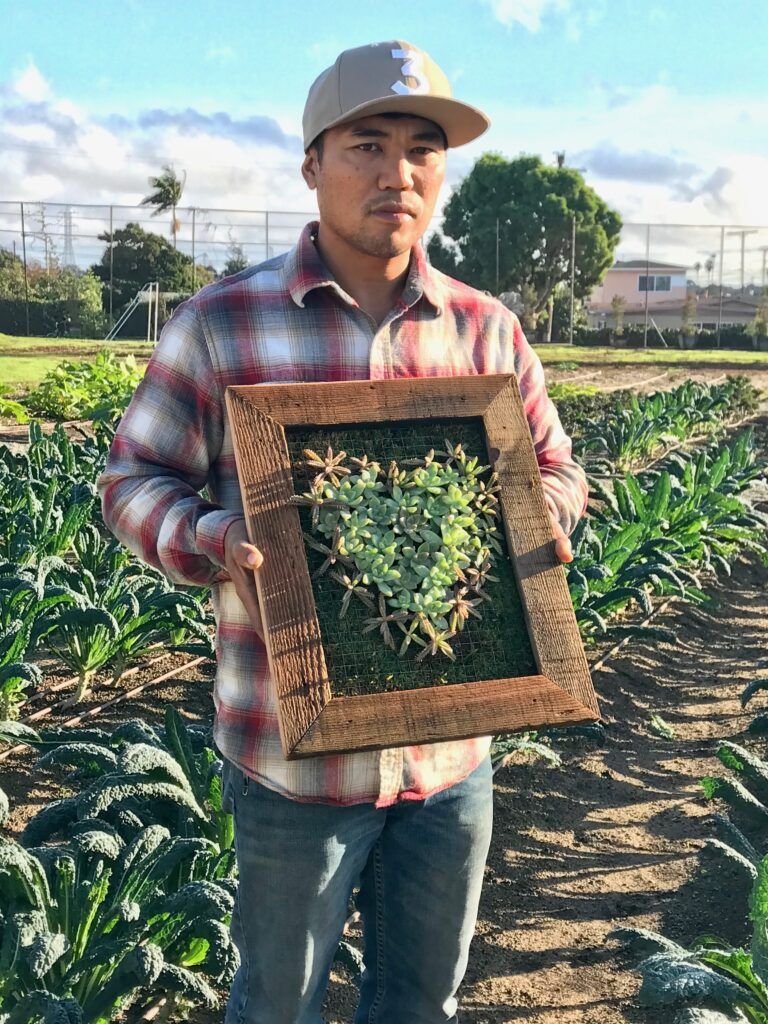
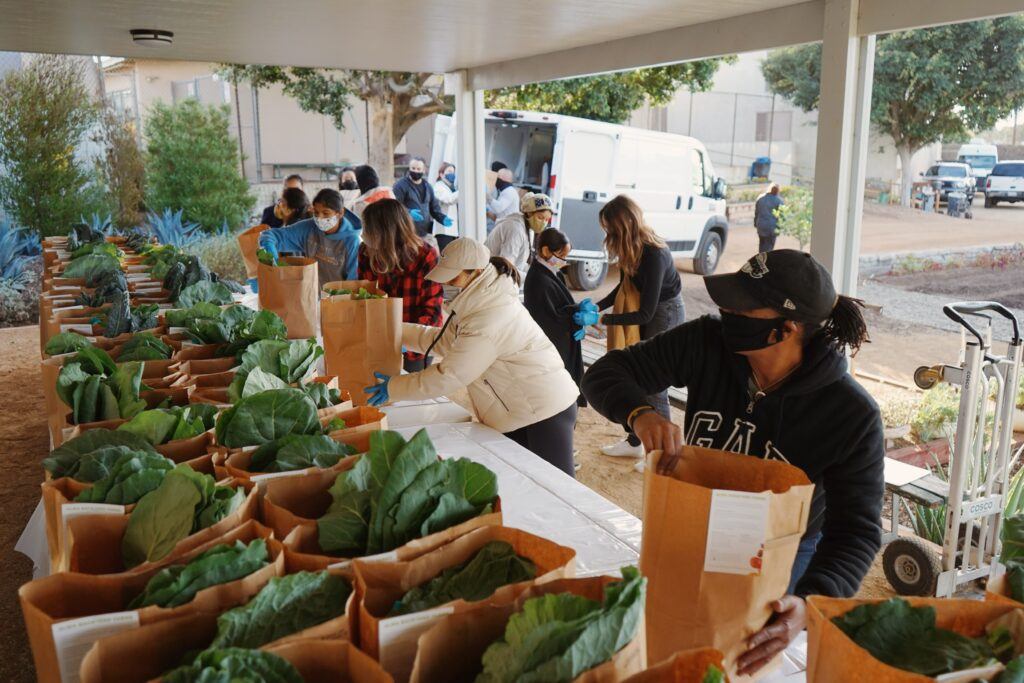
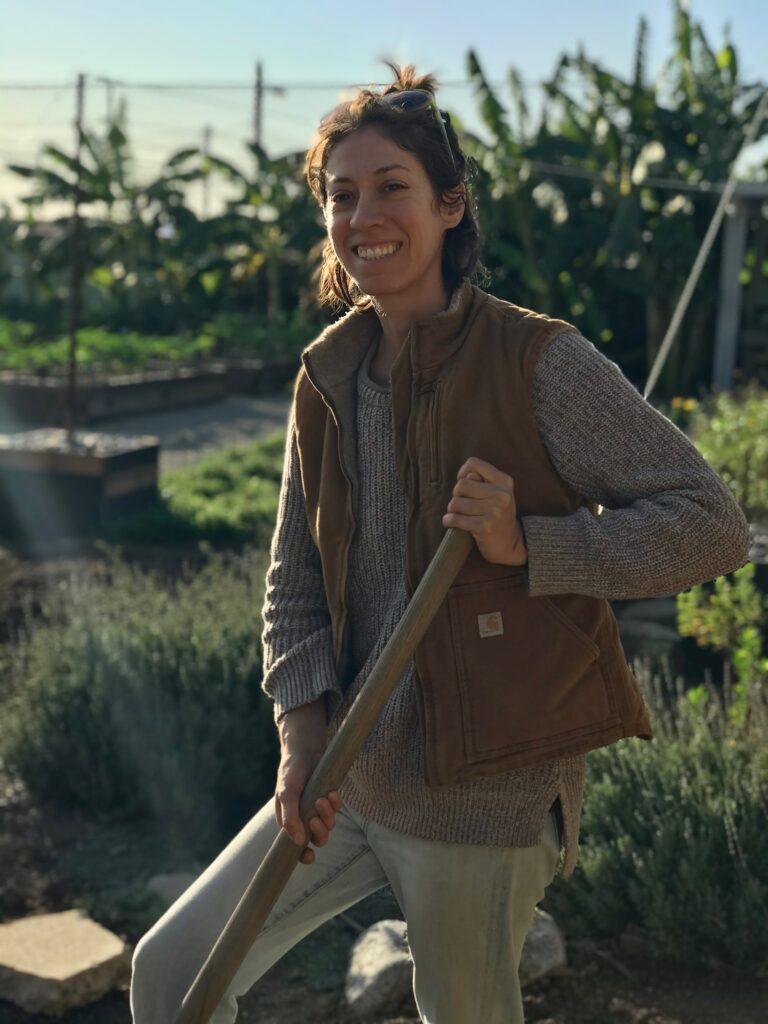
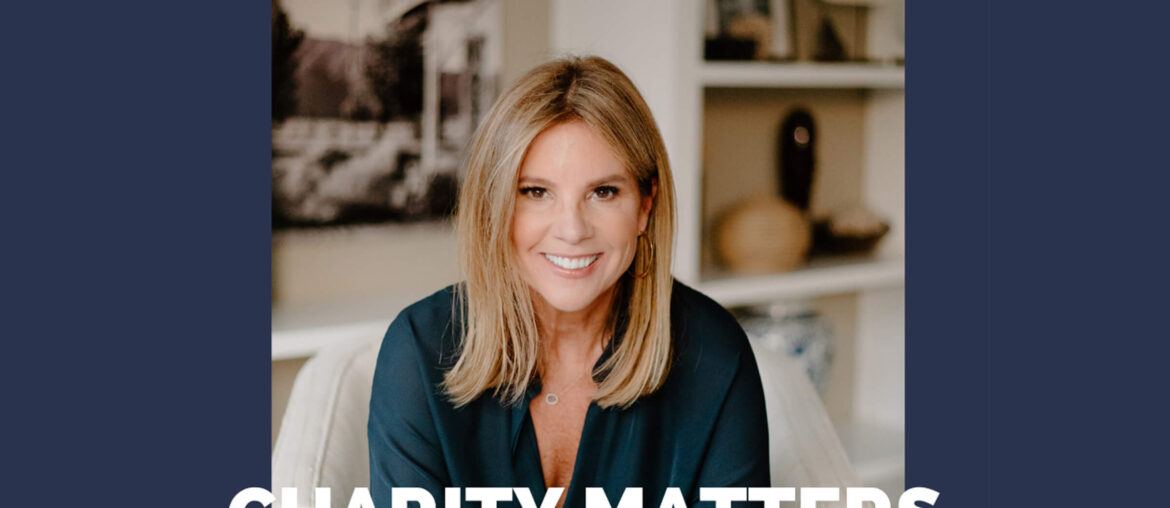
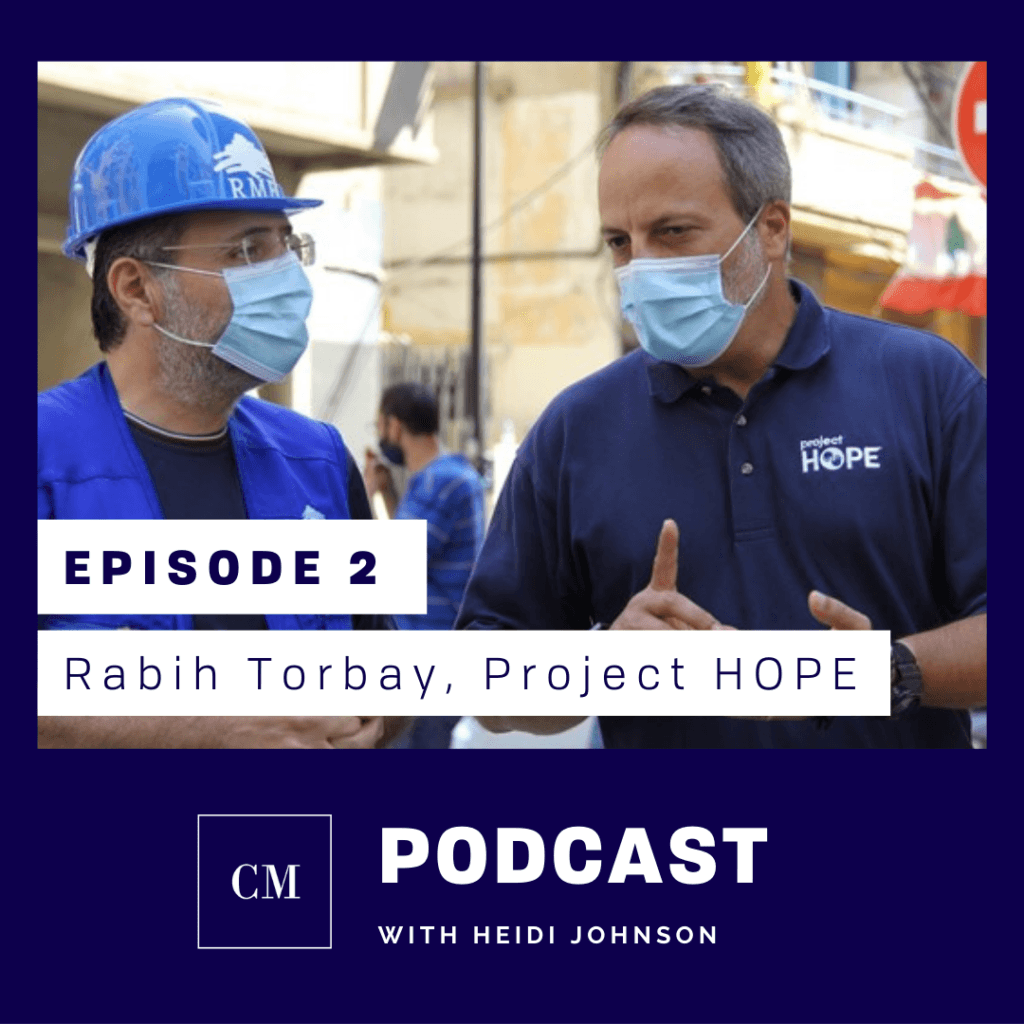
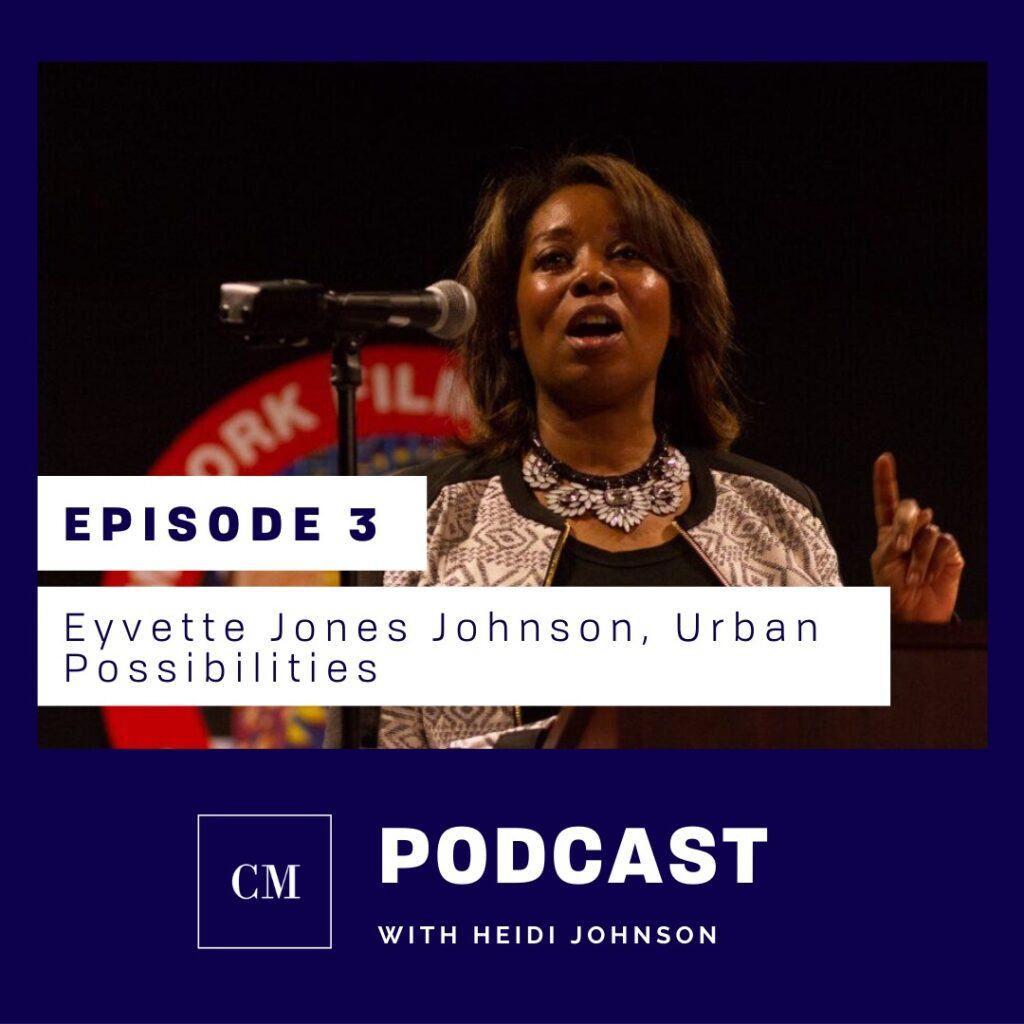
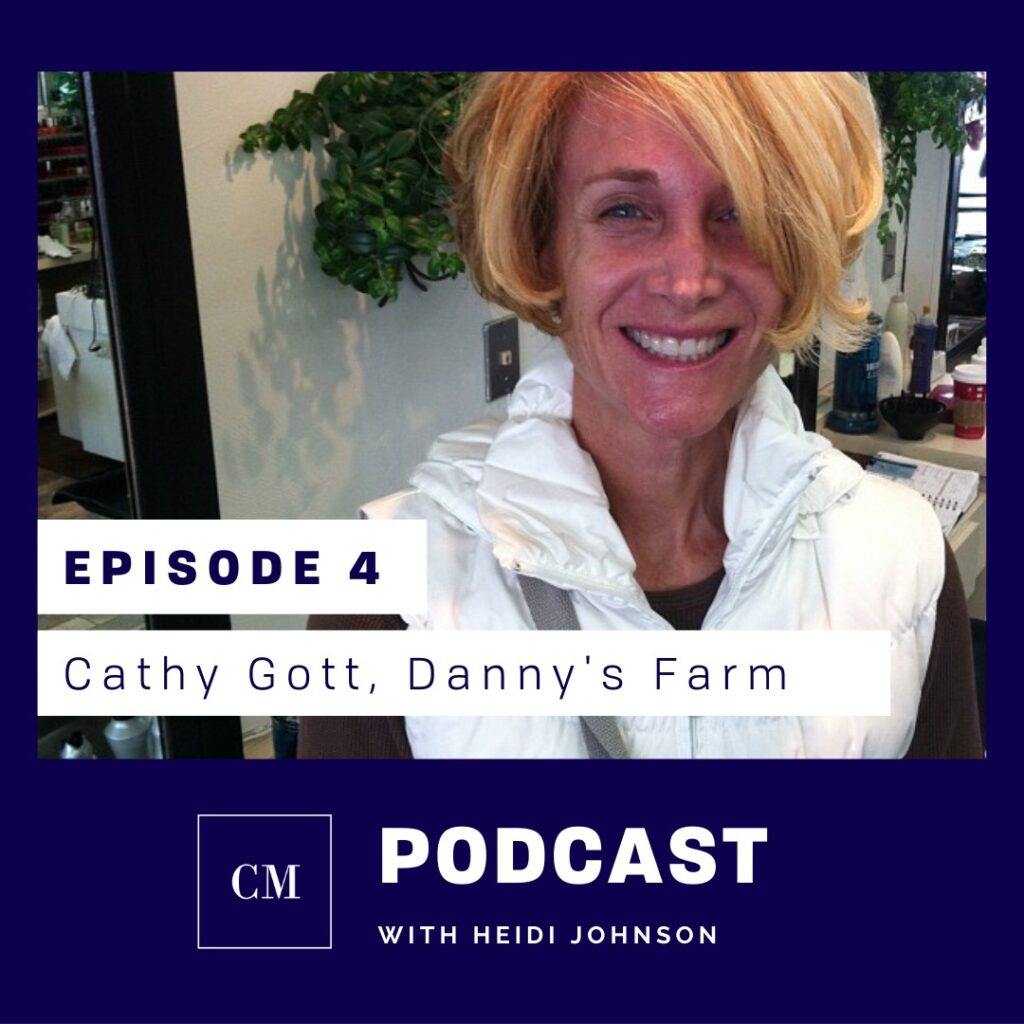
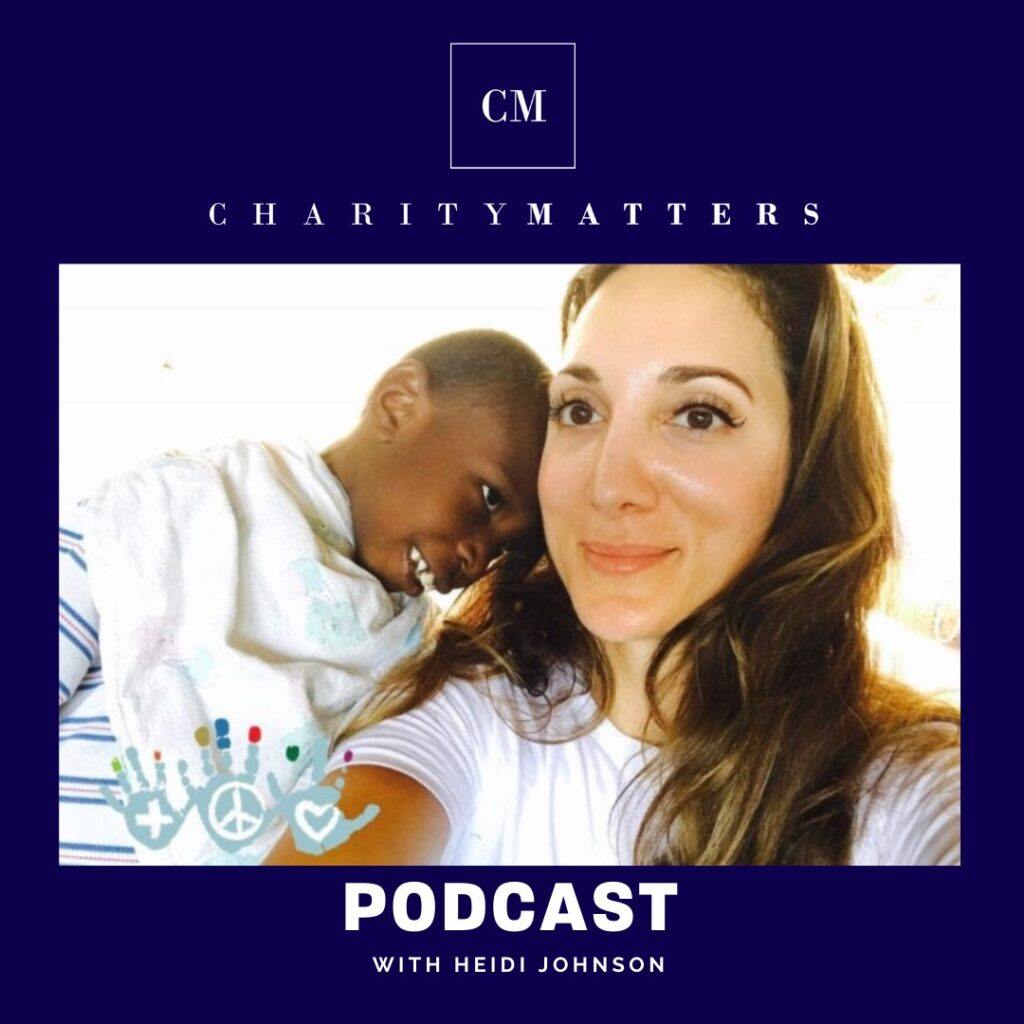
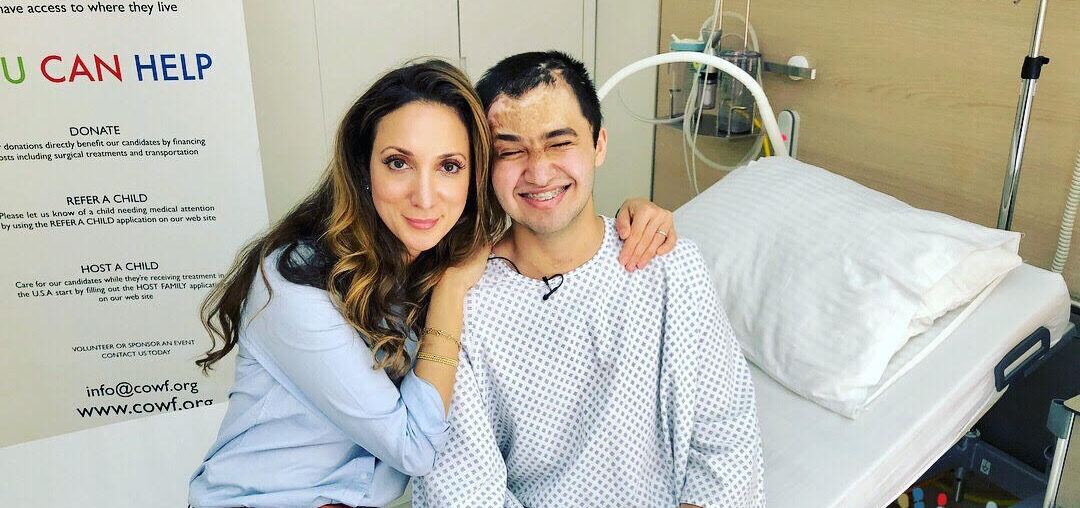
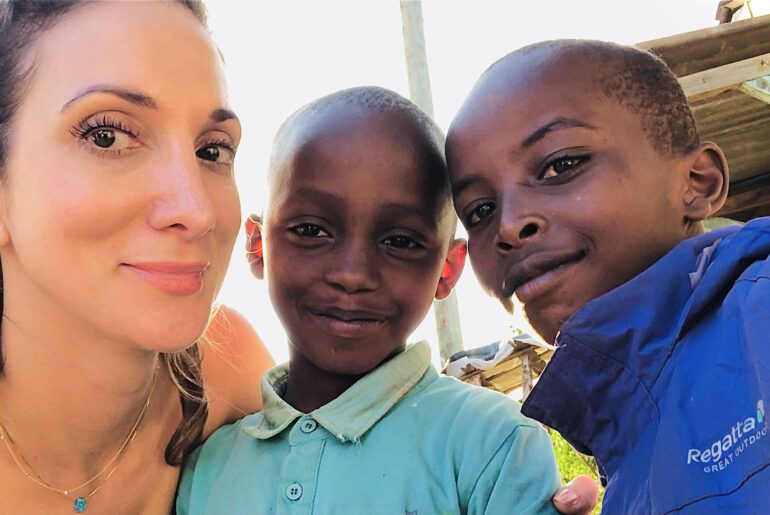
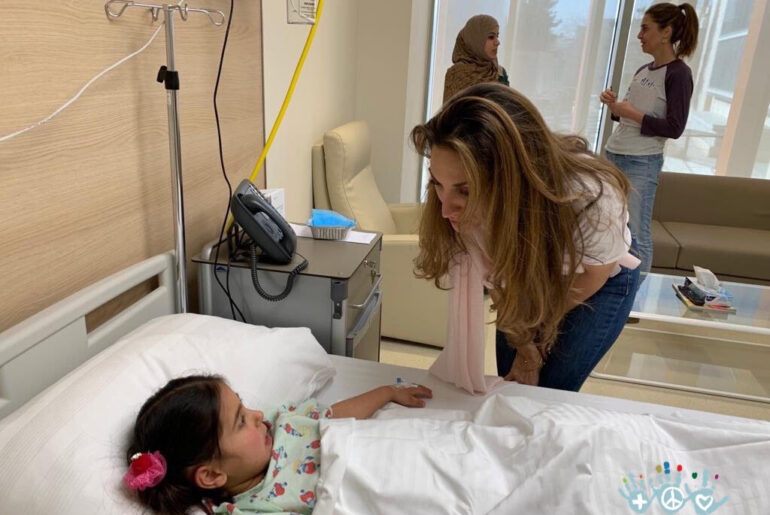
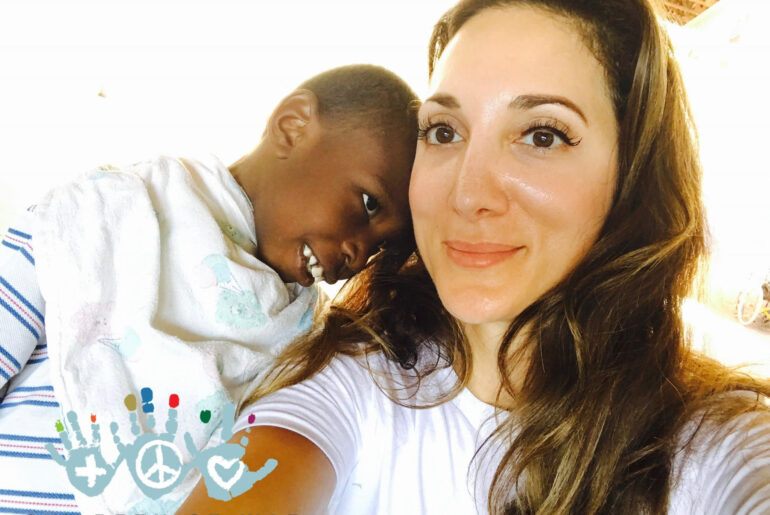
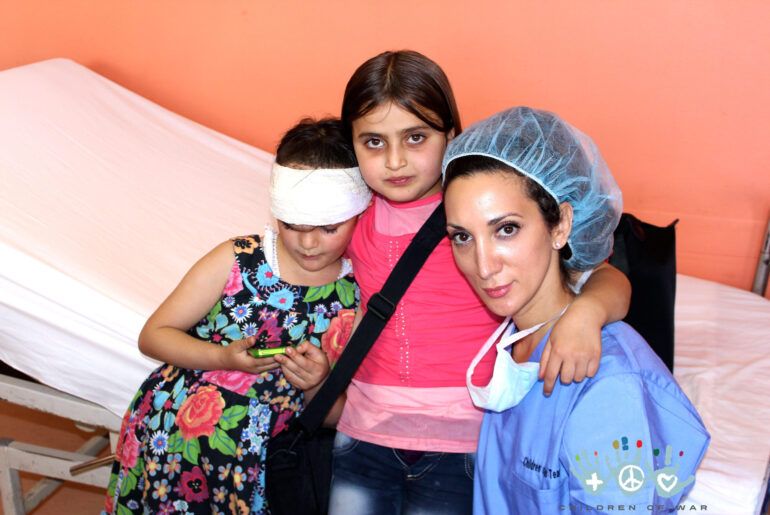
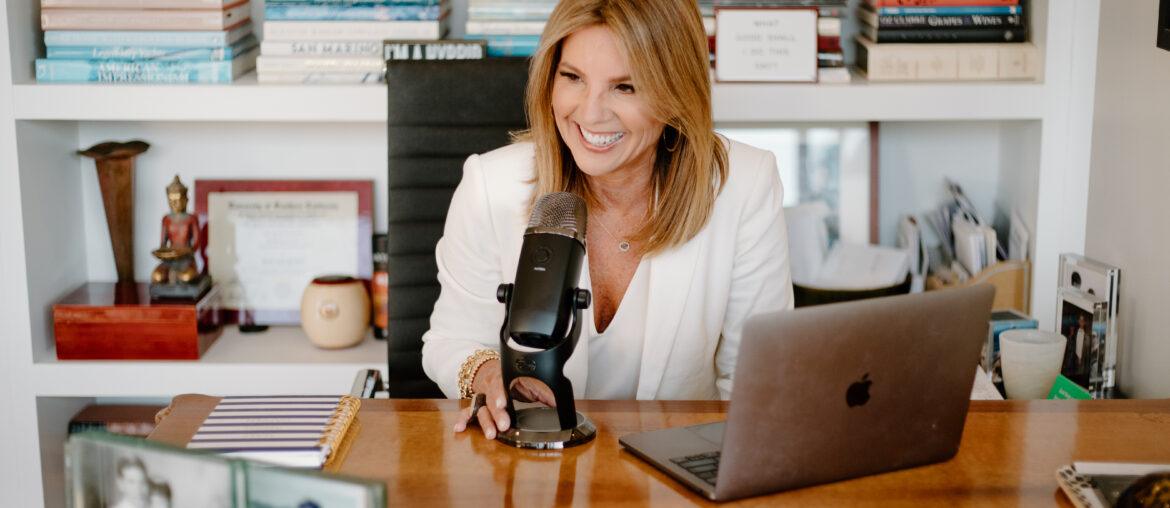
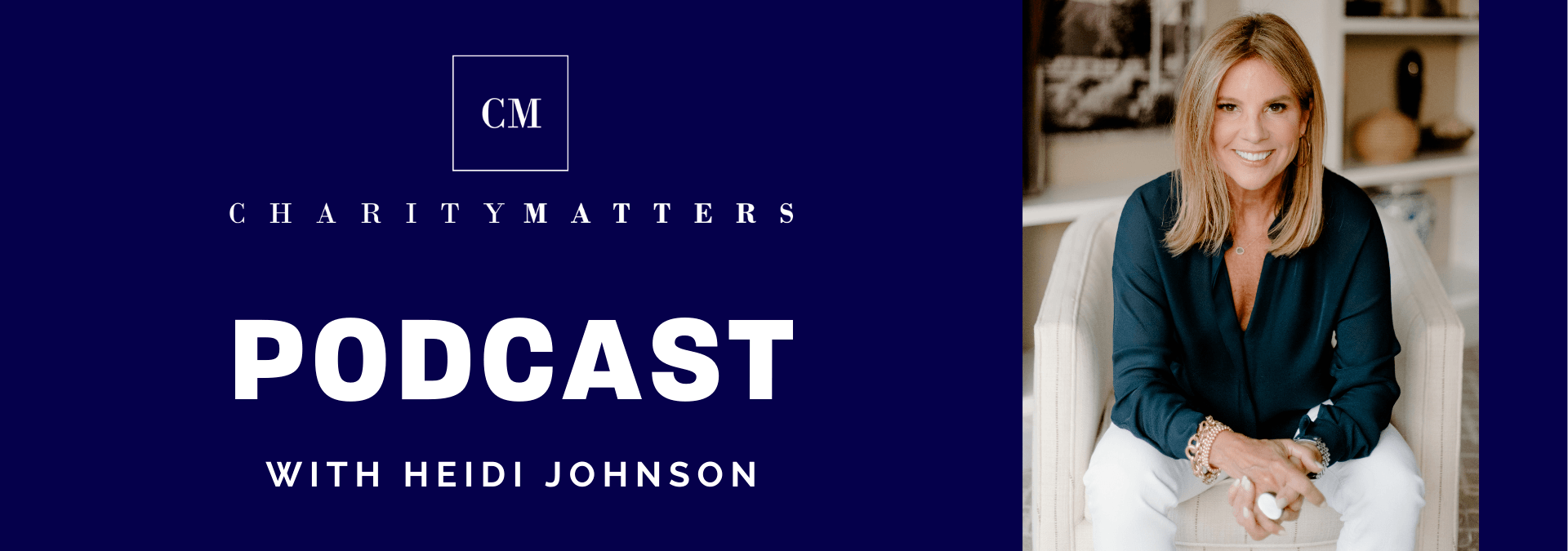 2021 is here and it is time for new beginnings. There seems no time like the present to dive right in. As I launch the new Charity Matters podcast, my goal is to share the stories of innovators, entrepreneurs, and inspiring modern-day heroes who set out to solve the problems of humanity with their incredible journeys of service.
2021 is here and it is time for new beginnings. There seems no time like the present to dive right in. As I launch the new Charity Matters podcast, my goal is to share the stories of innovators, entrepreneurs, and inspiring modern-day heroes who set out to solve the problems of humanity with their incredible journeys of service.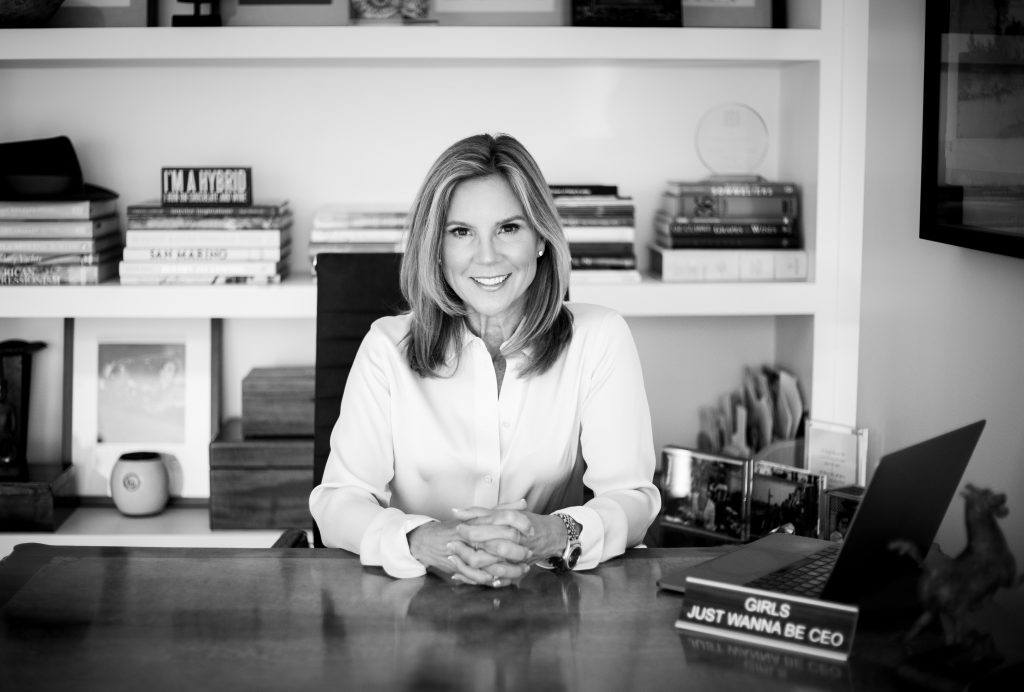
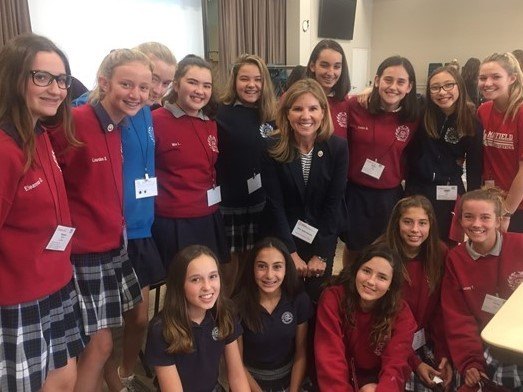
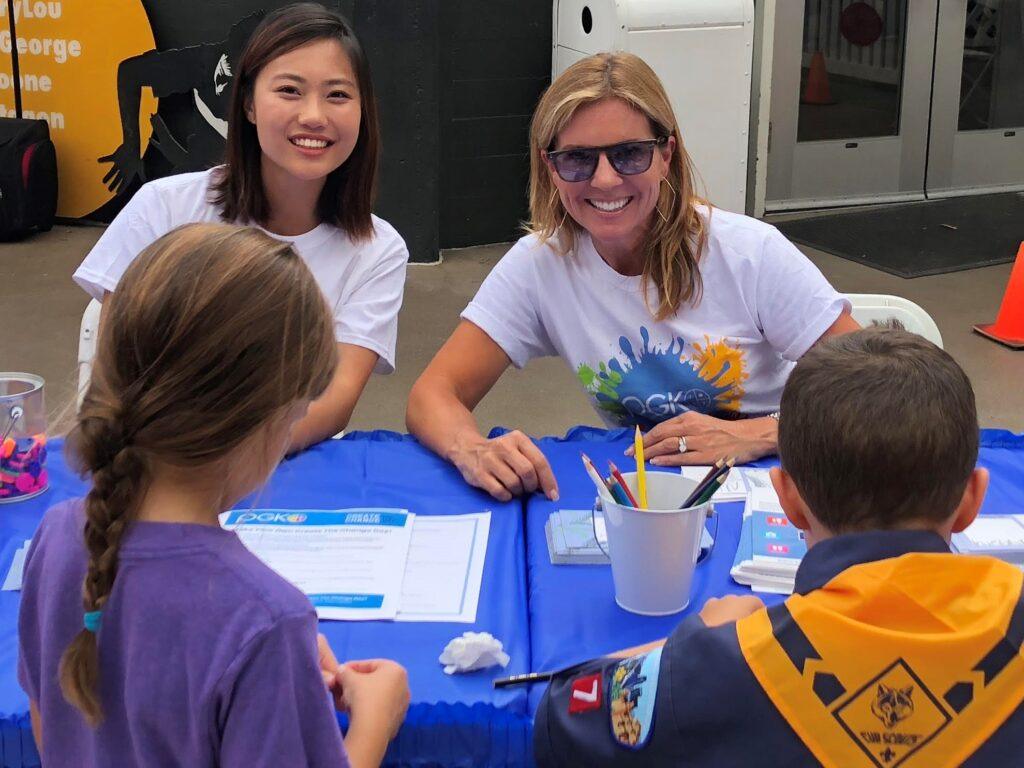
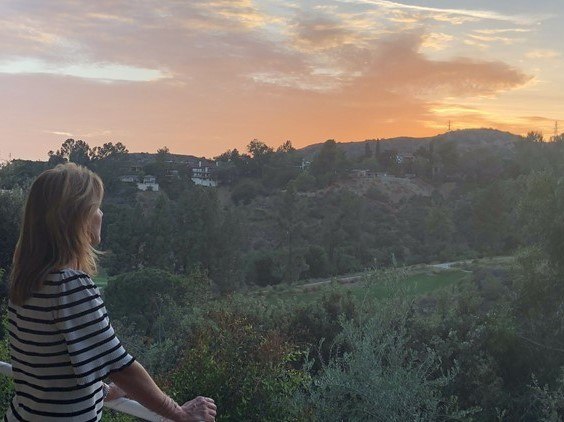
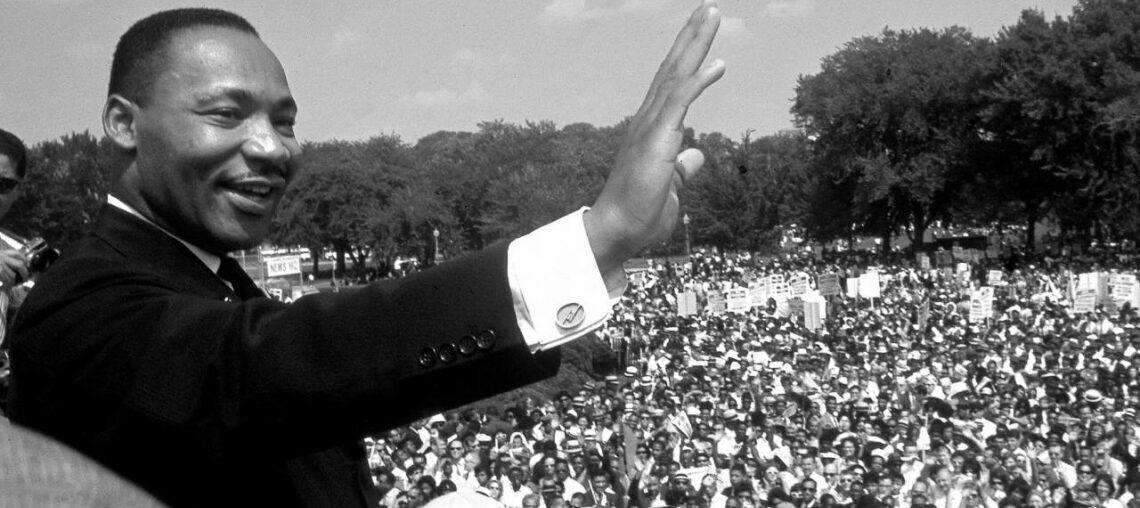
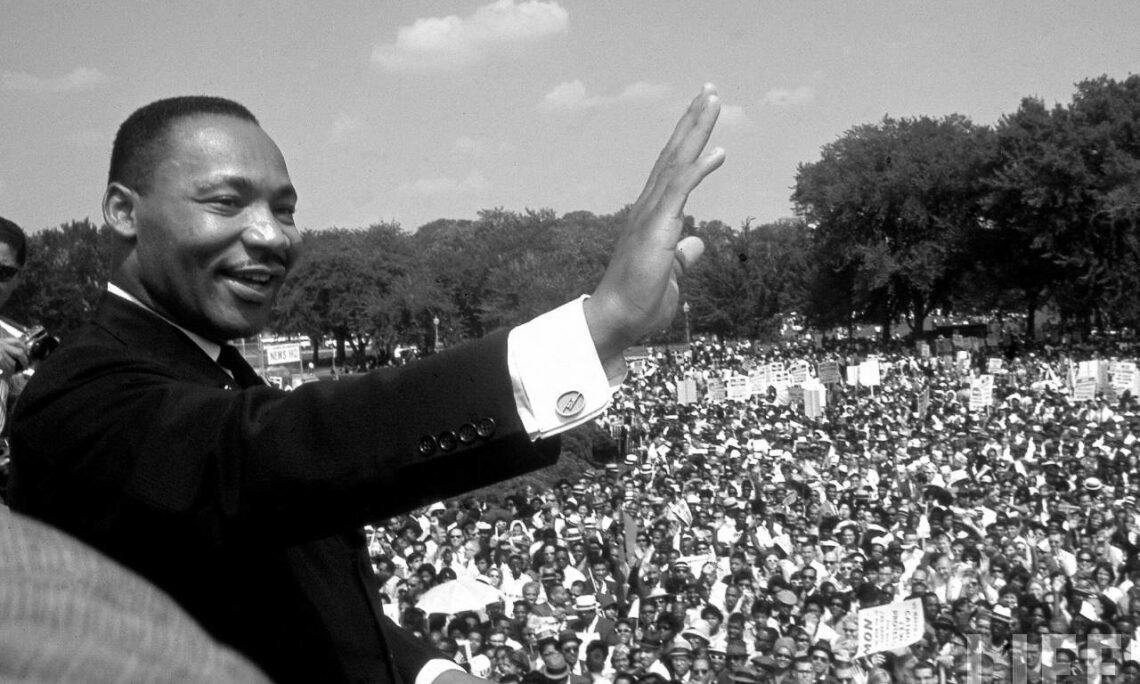
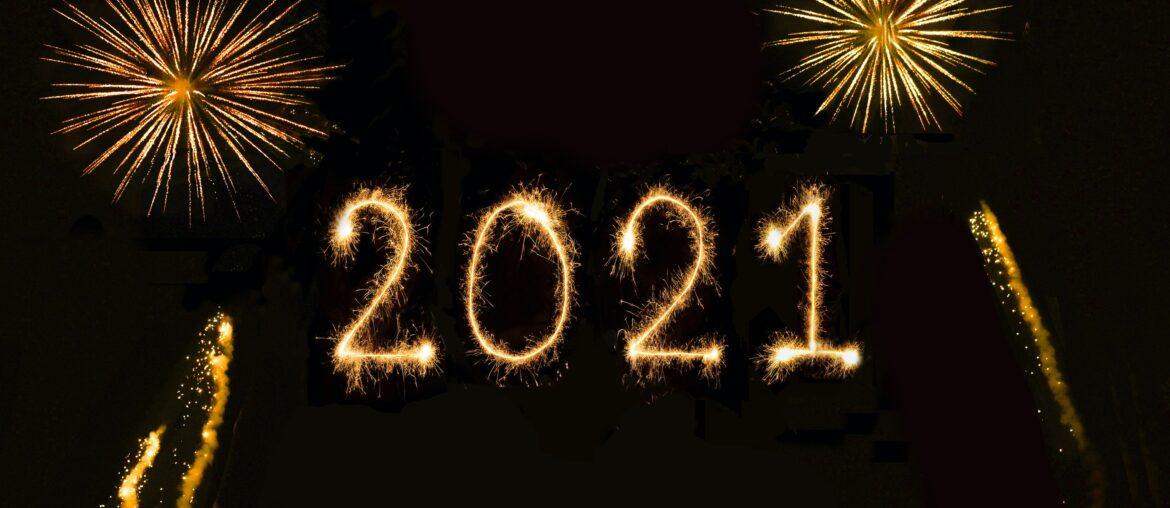



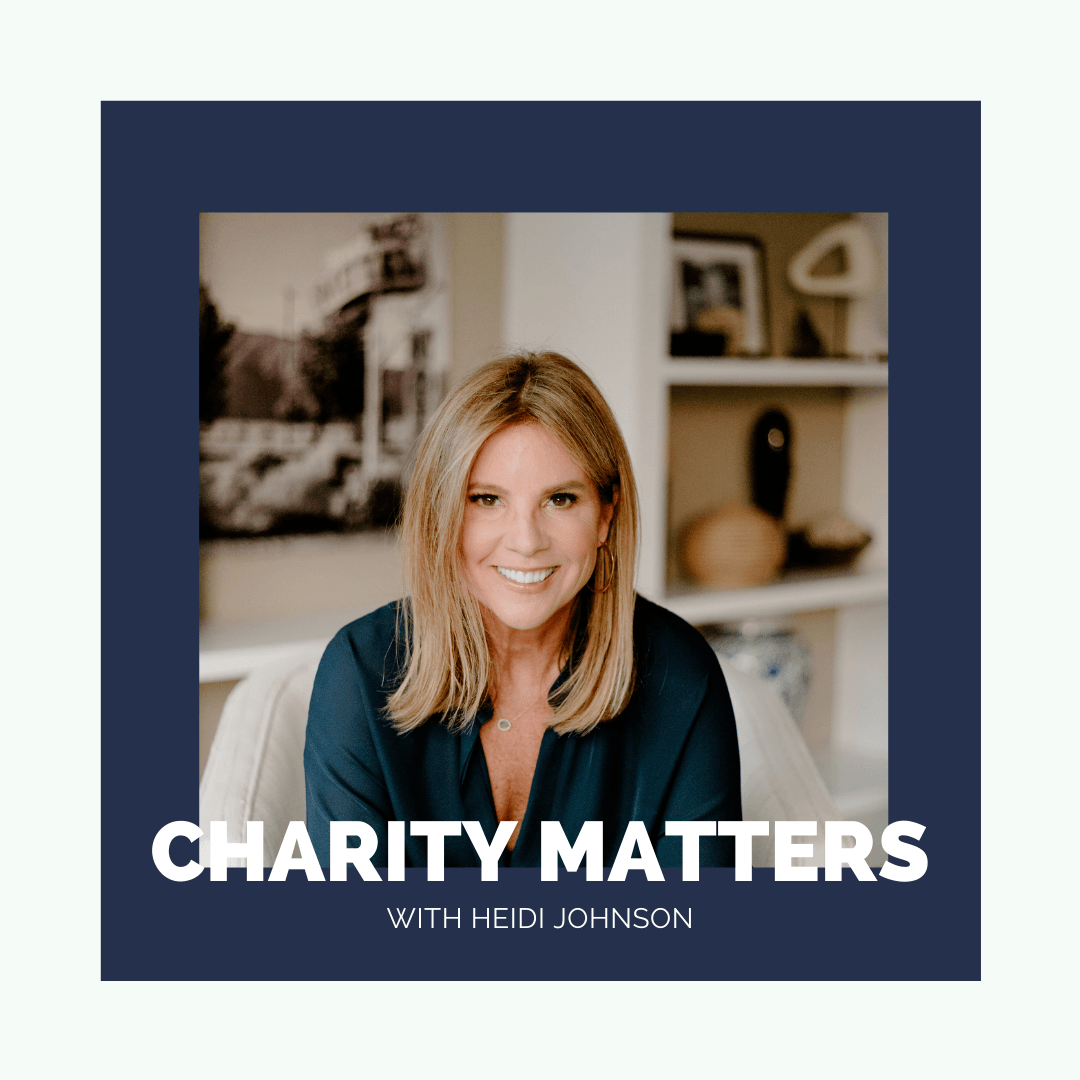
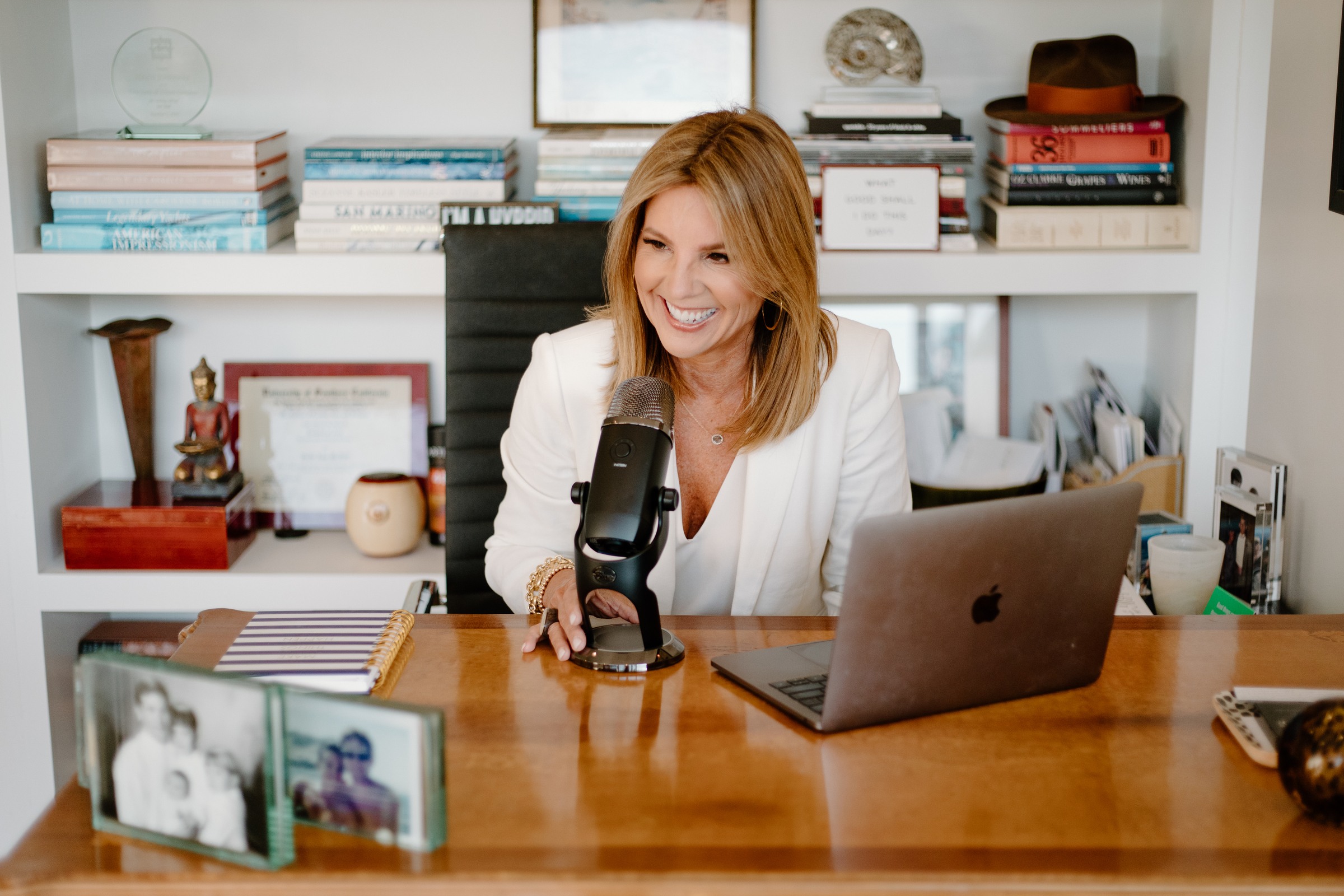

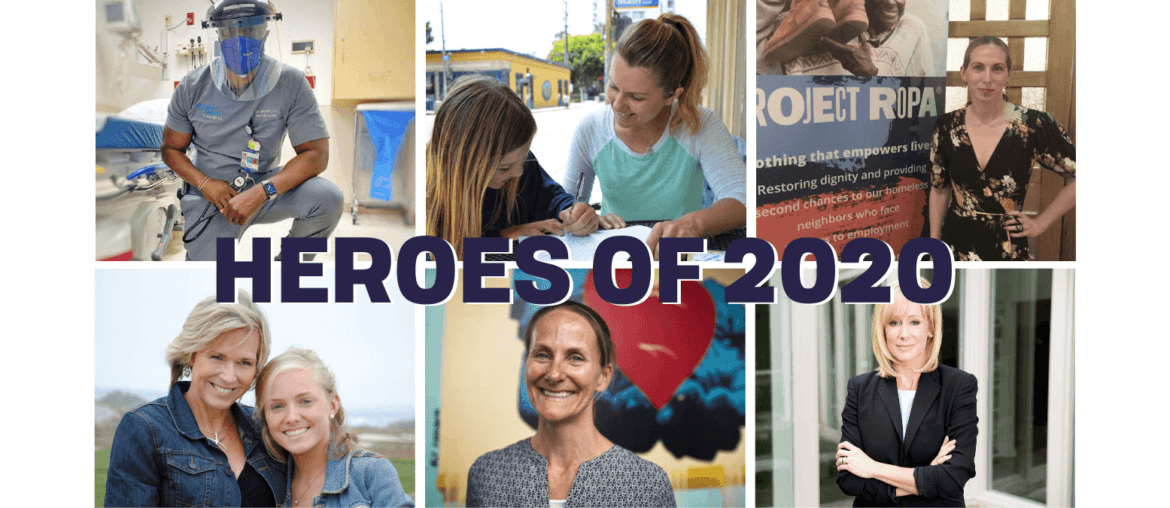

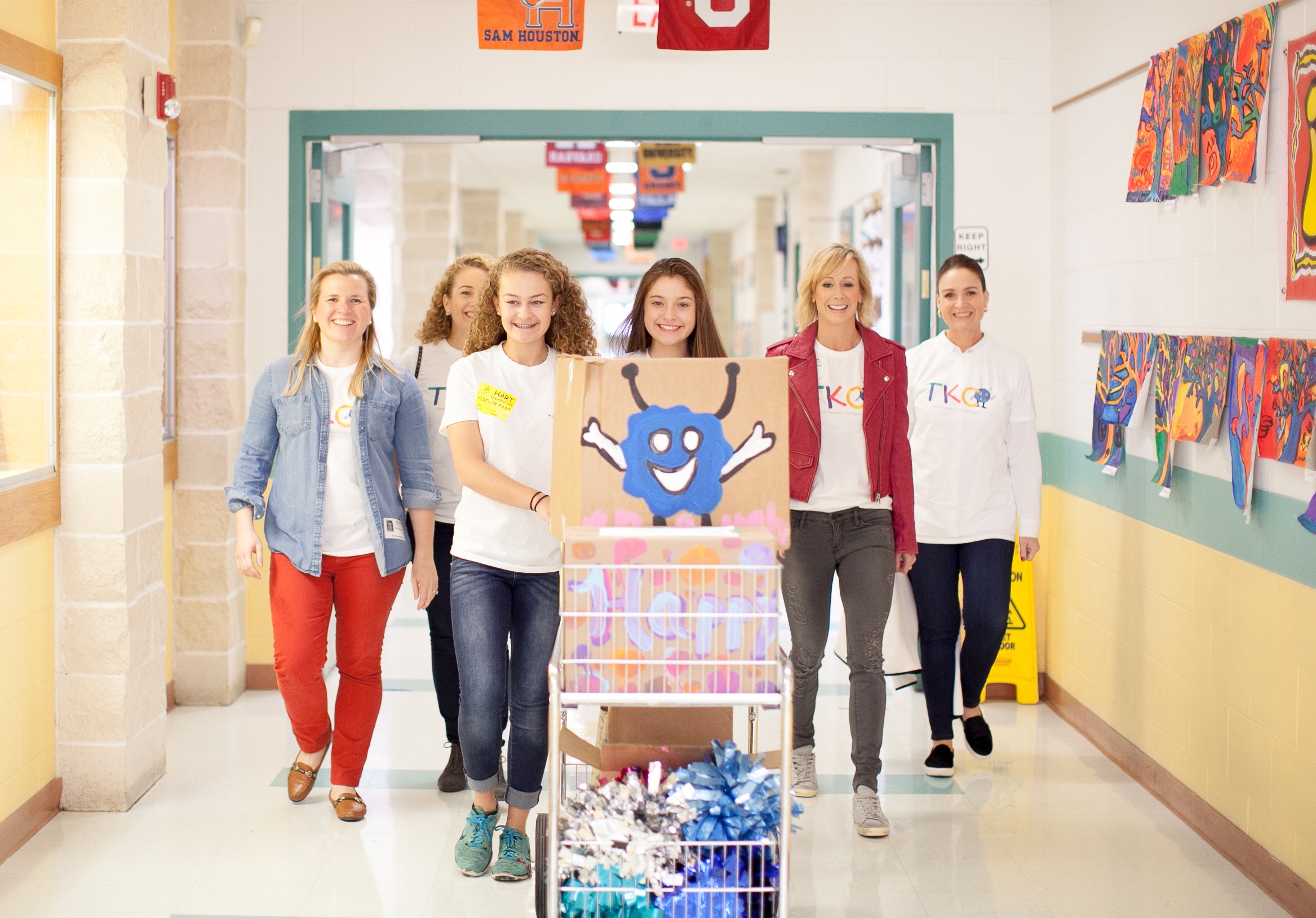
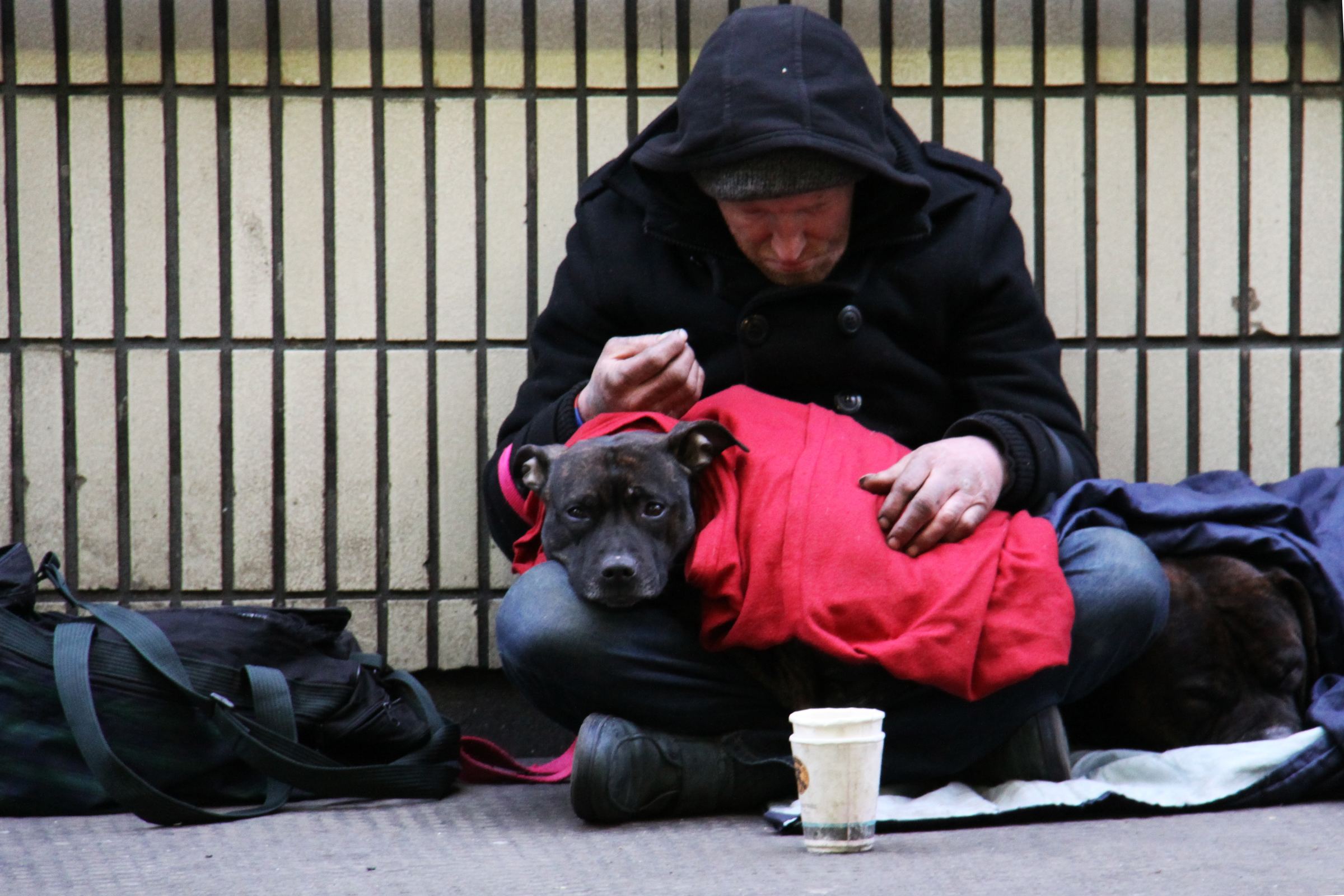
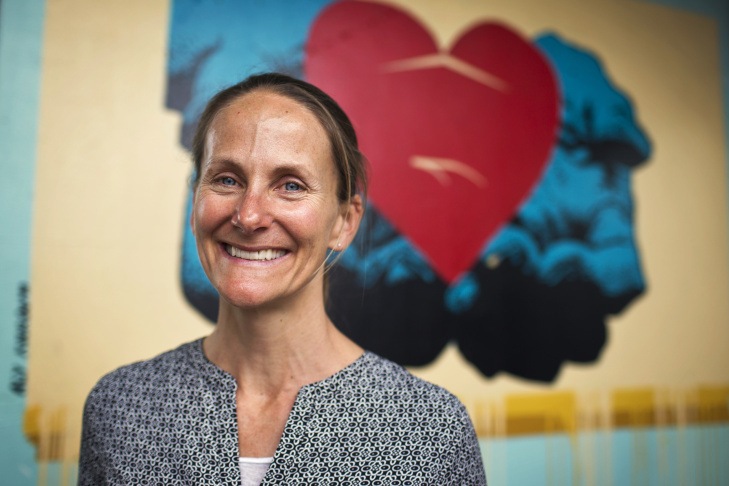
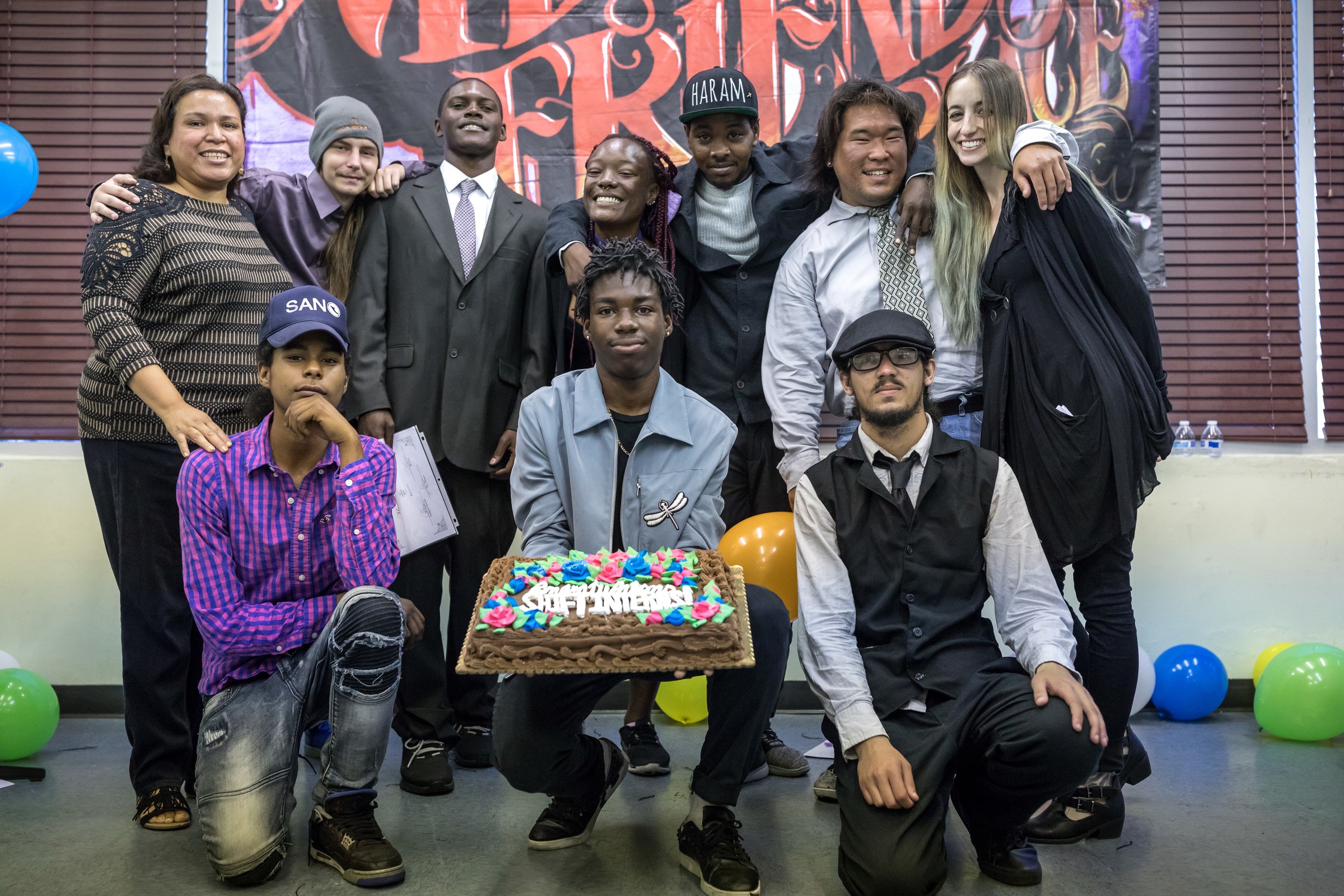
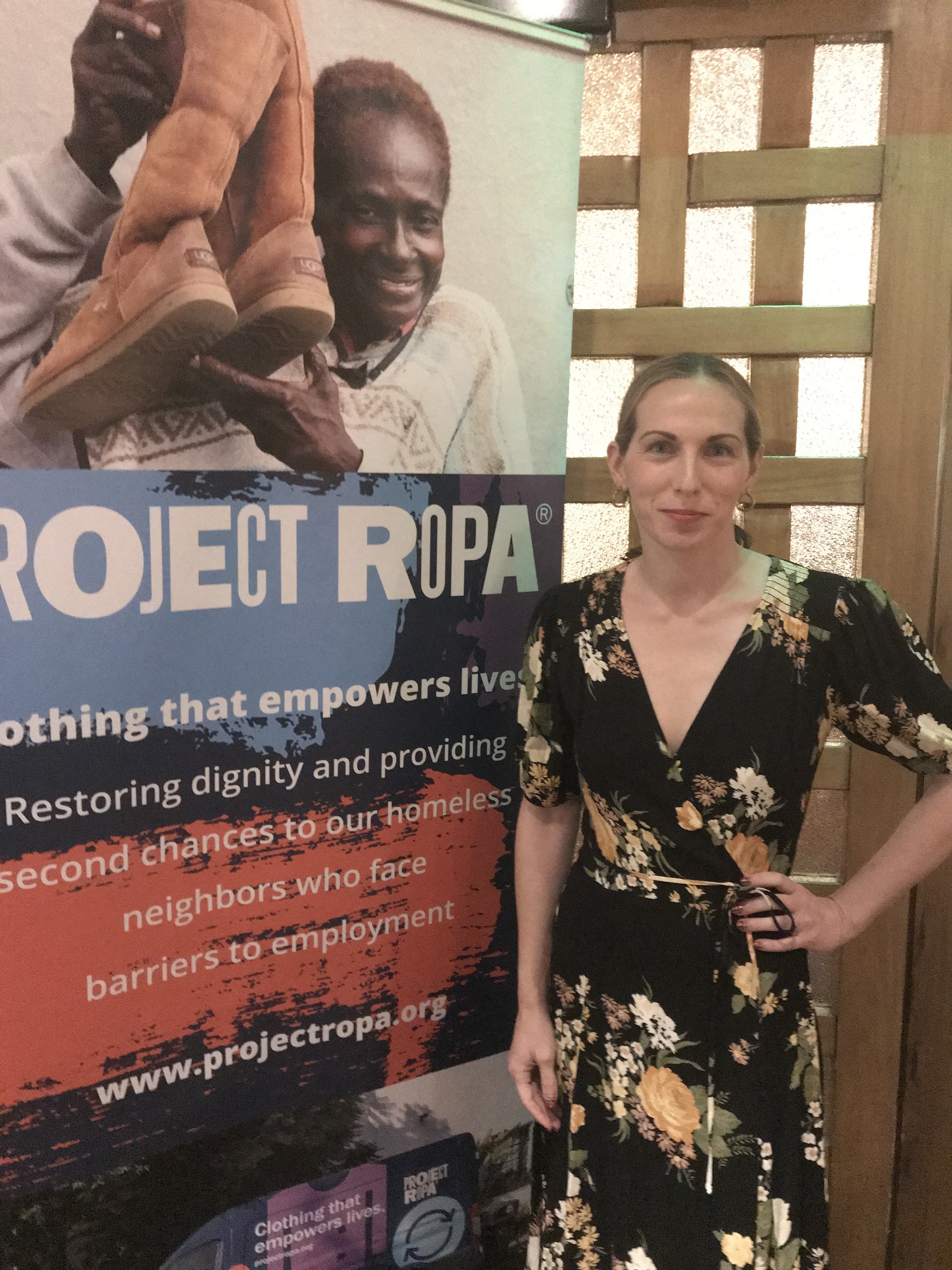
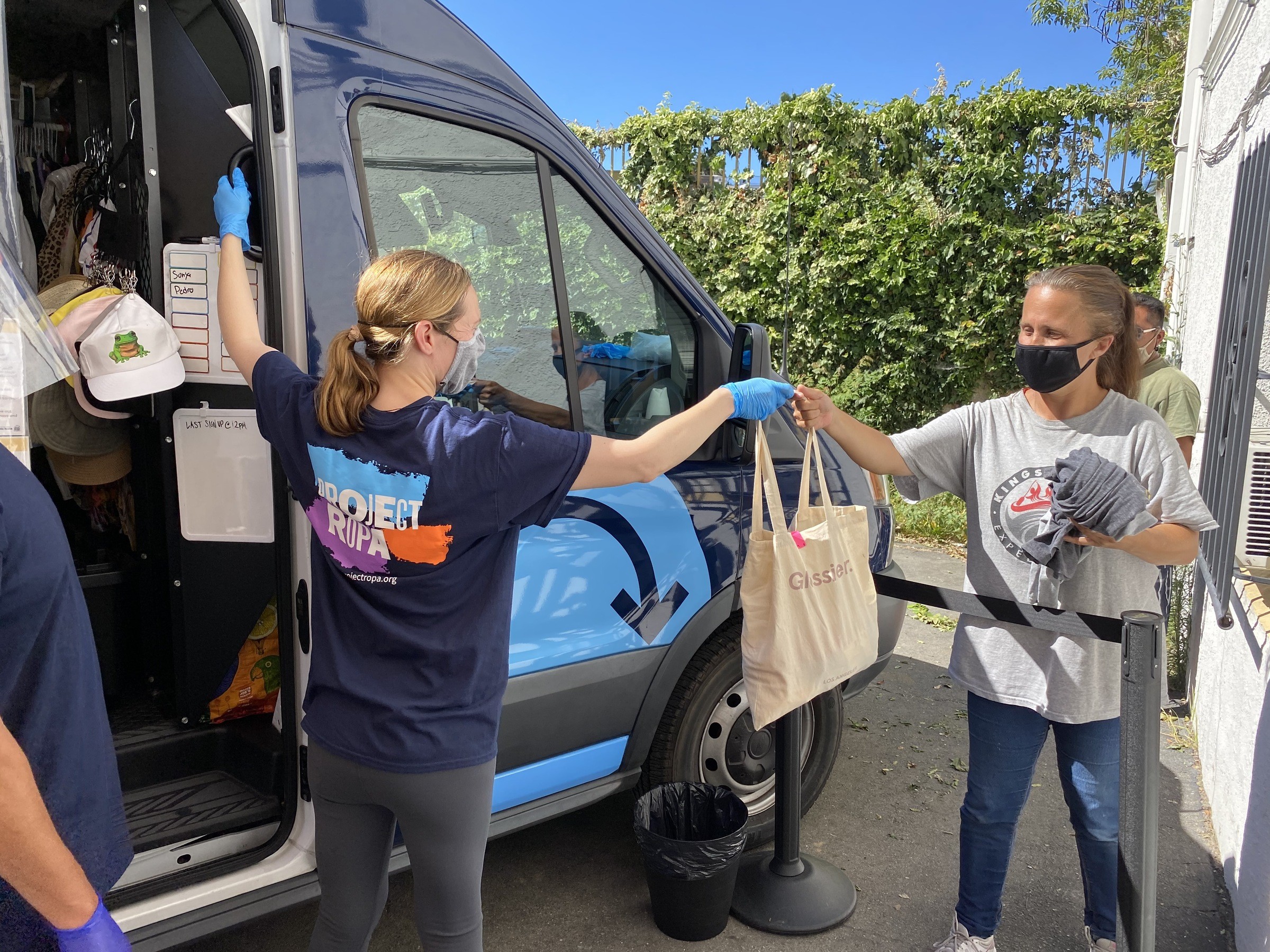
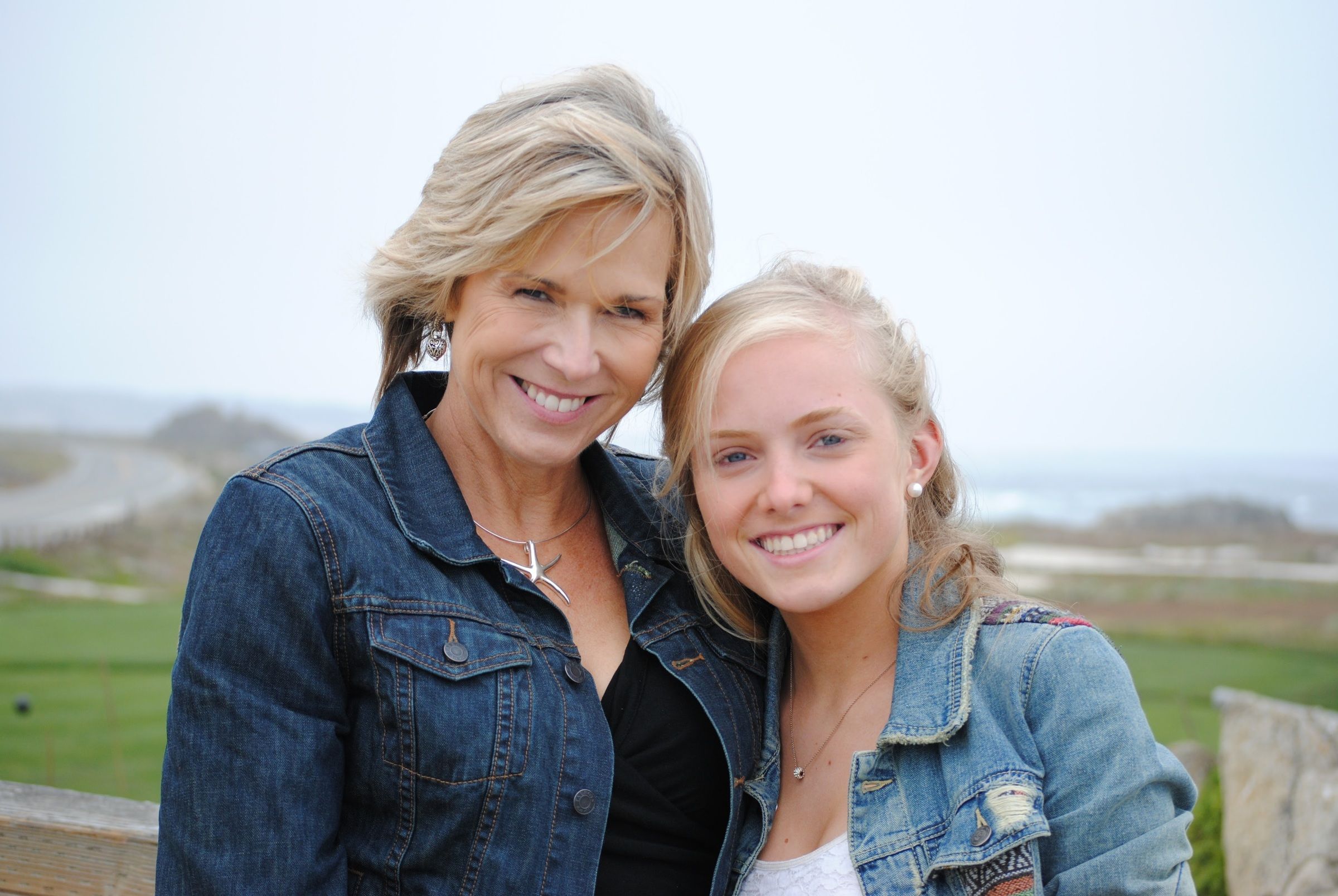
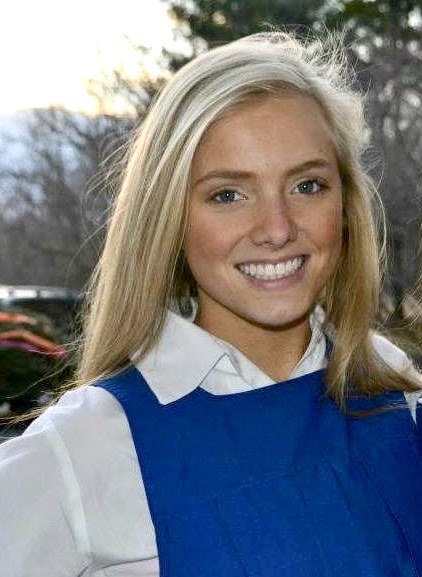
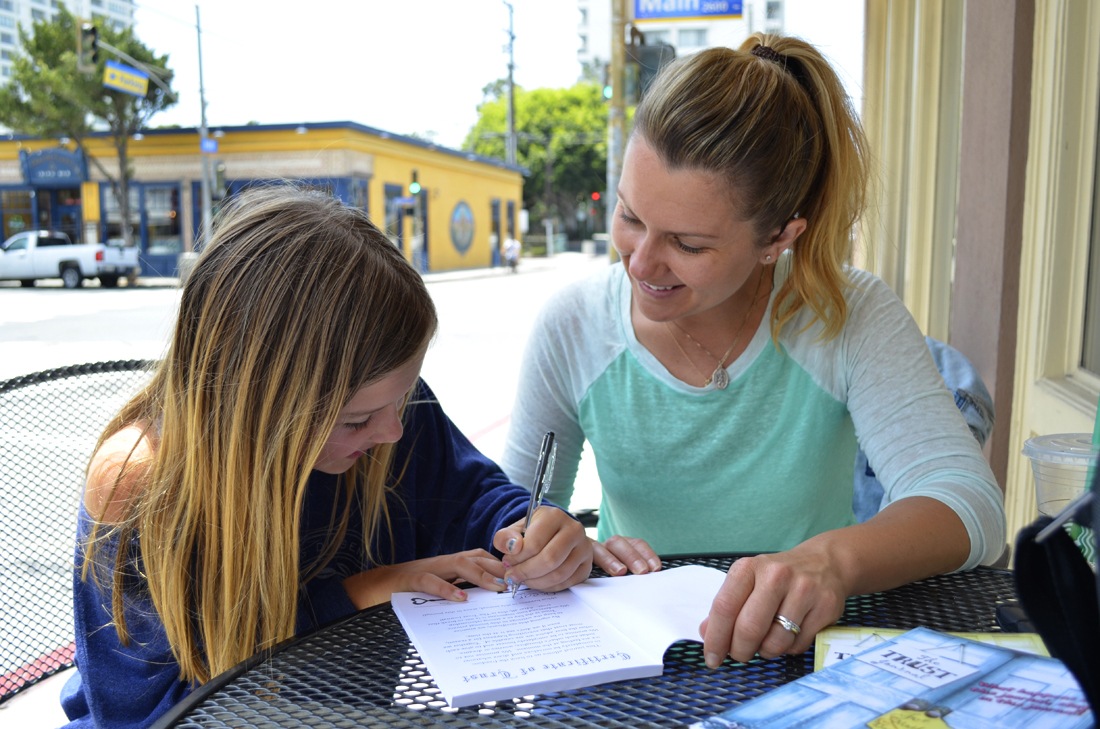
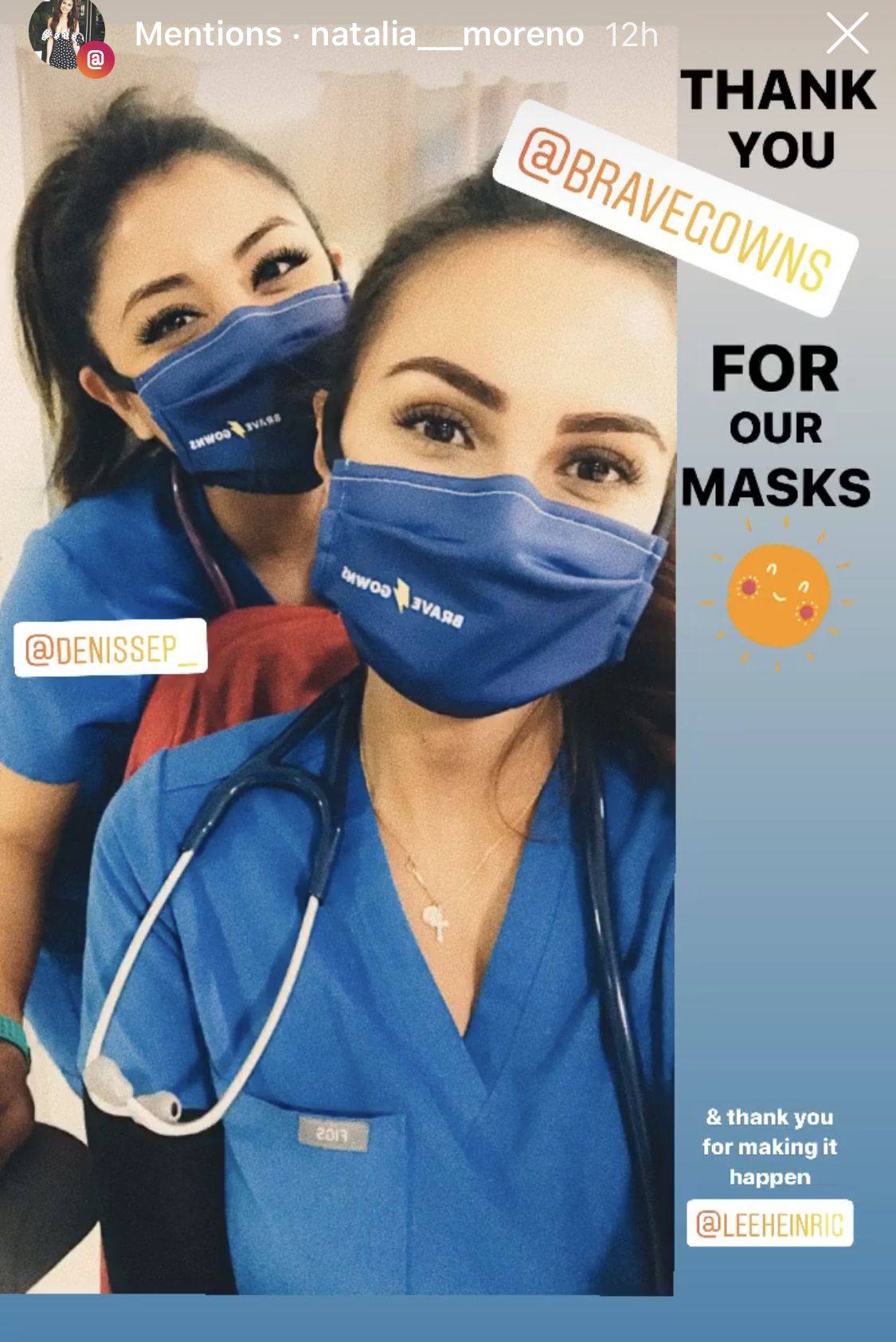
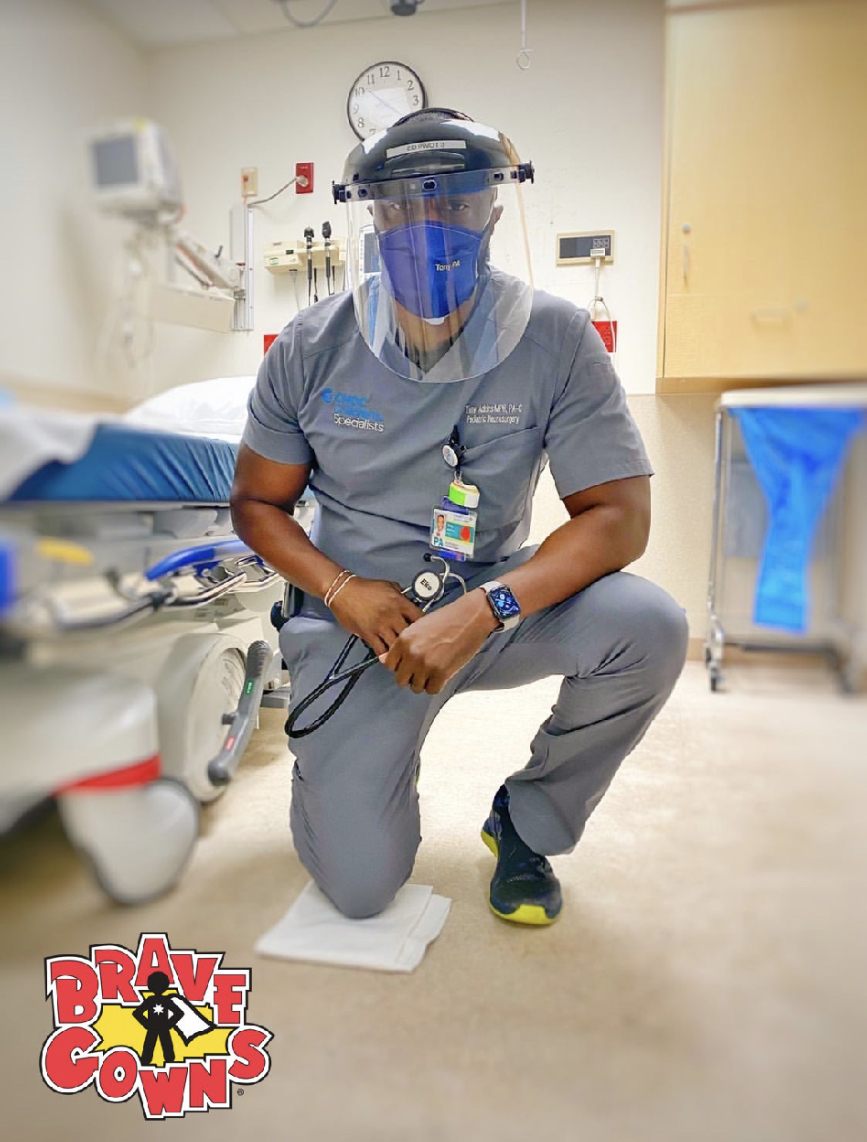
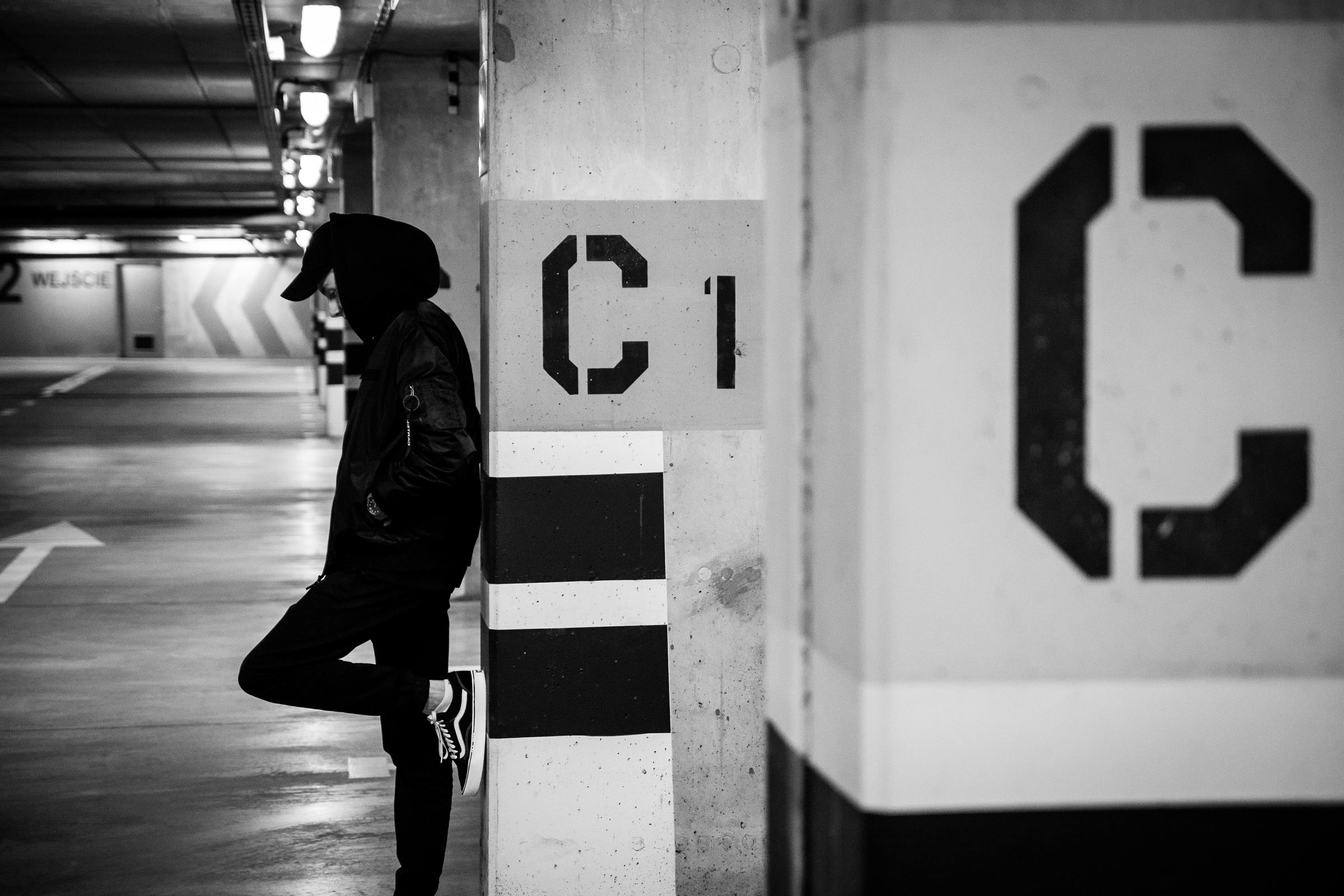 While I didn’t interview any specific health care workers but rather organizations that support them, it is worth mentioning that our front line workers were THE true superheroes of 2020.
While I didn’t interview any specific health care workers but rather organizations that support them, it is worth mentioning that our front line workers were THE true superheroes of 2020.